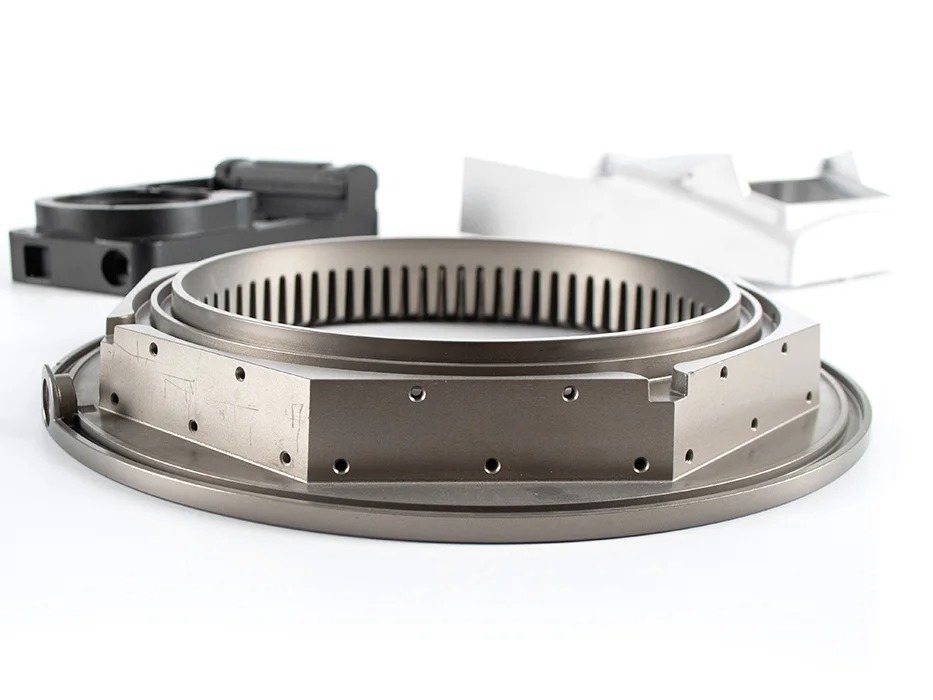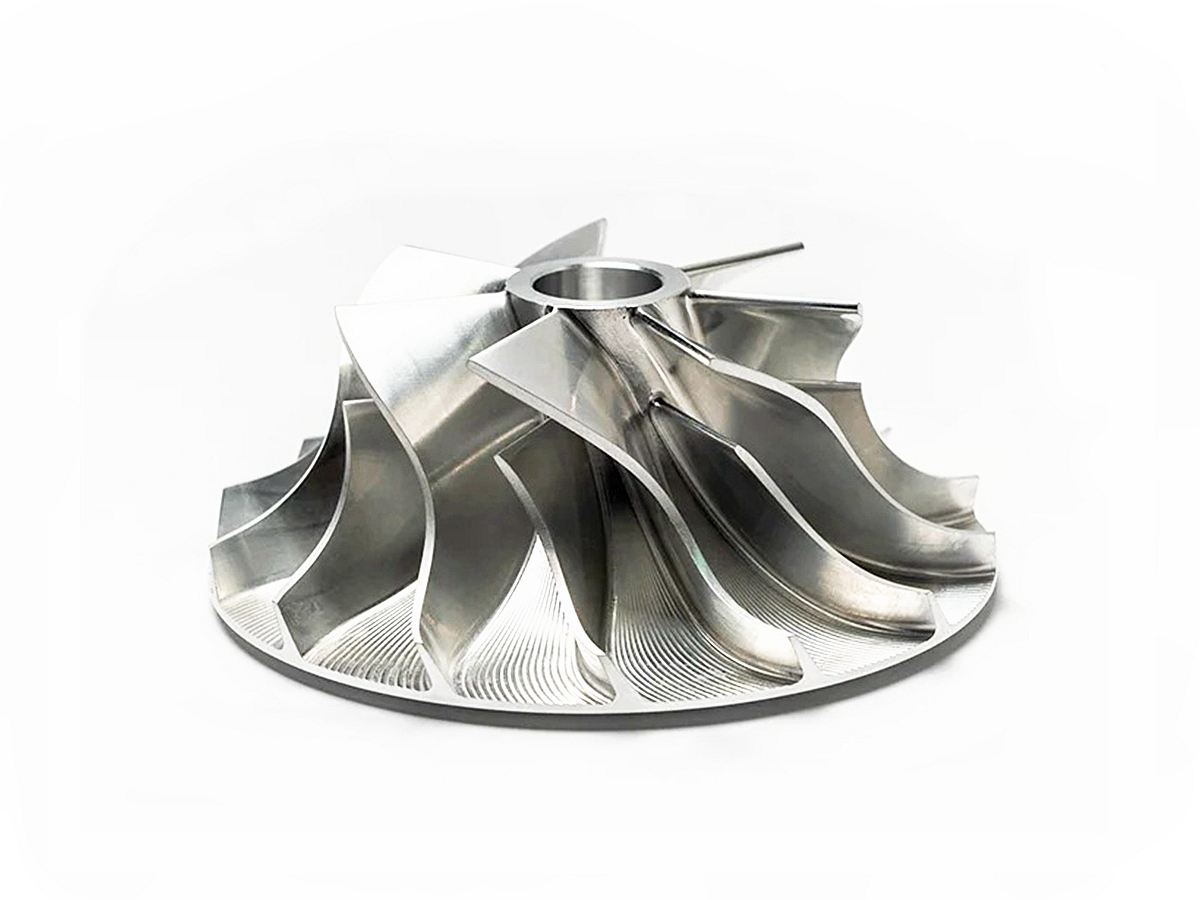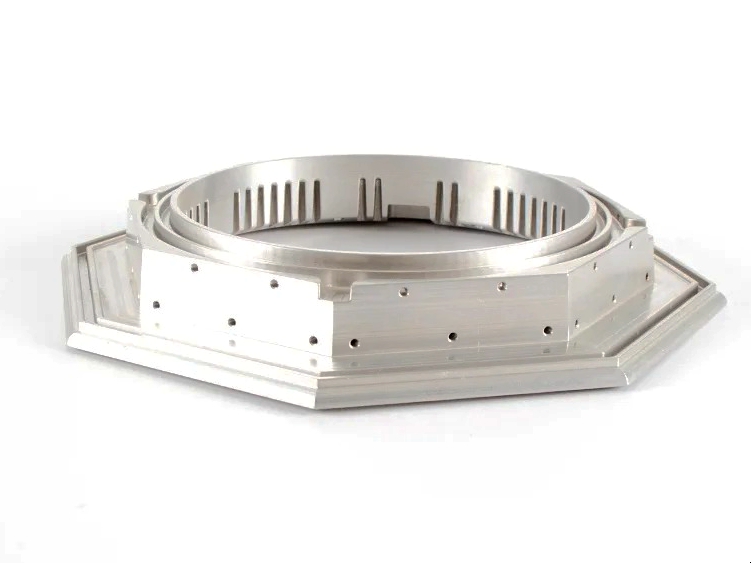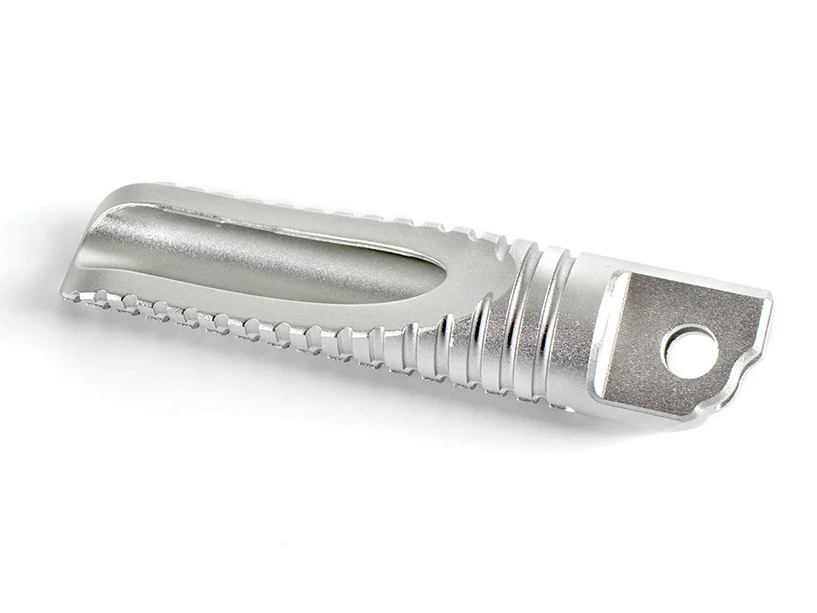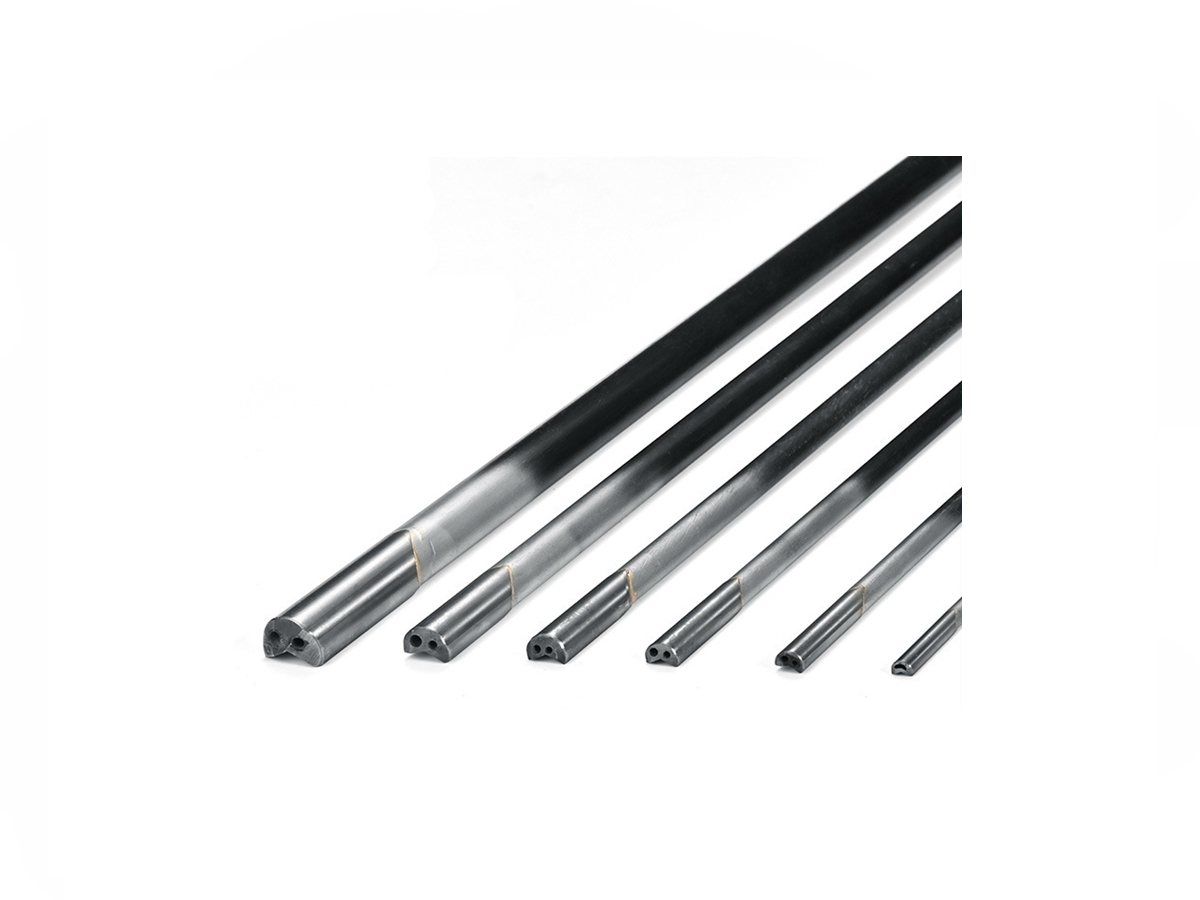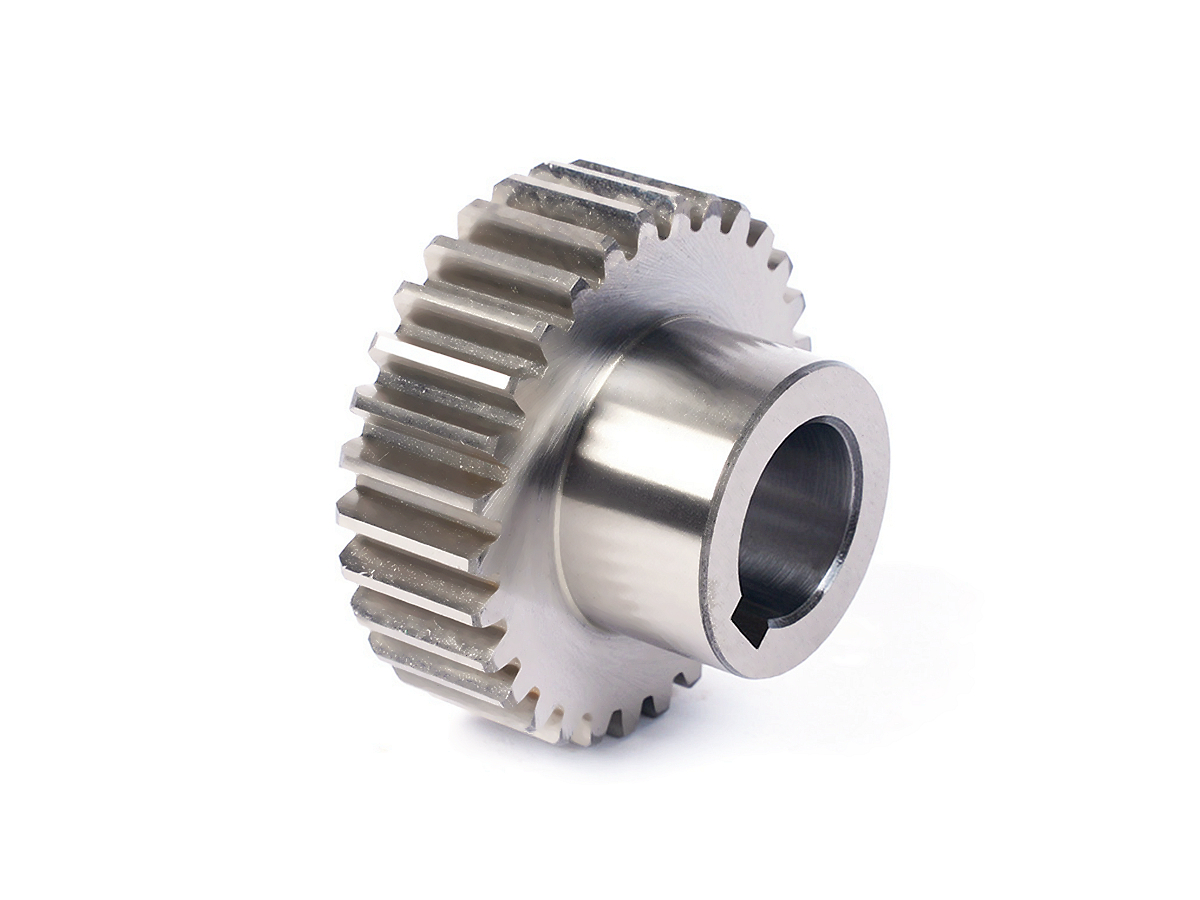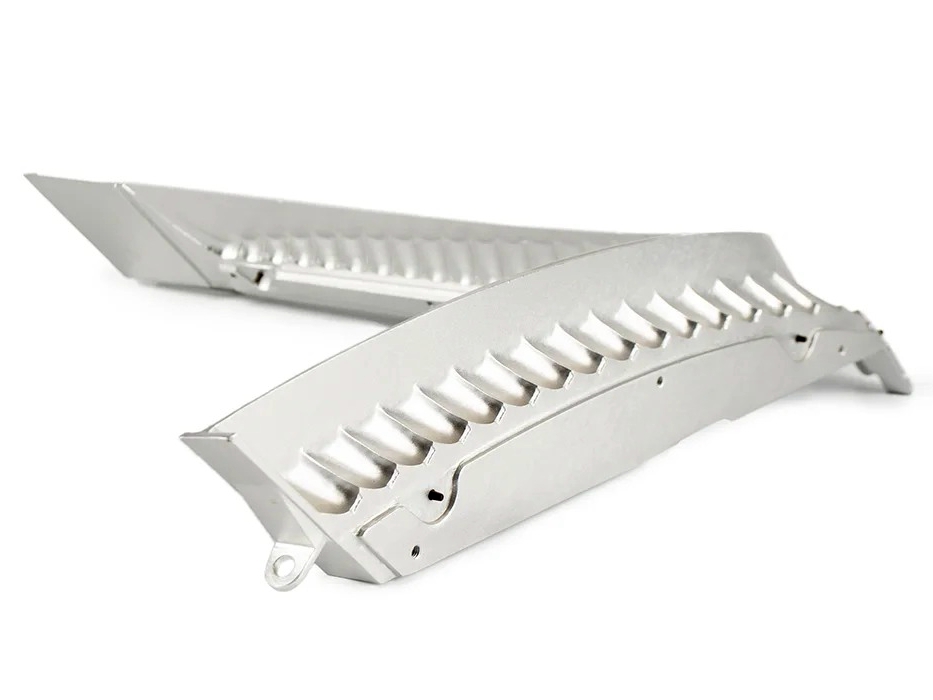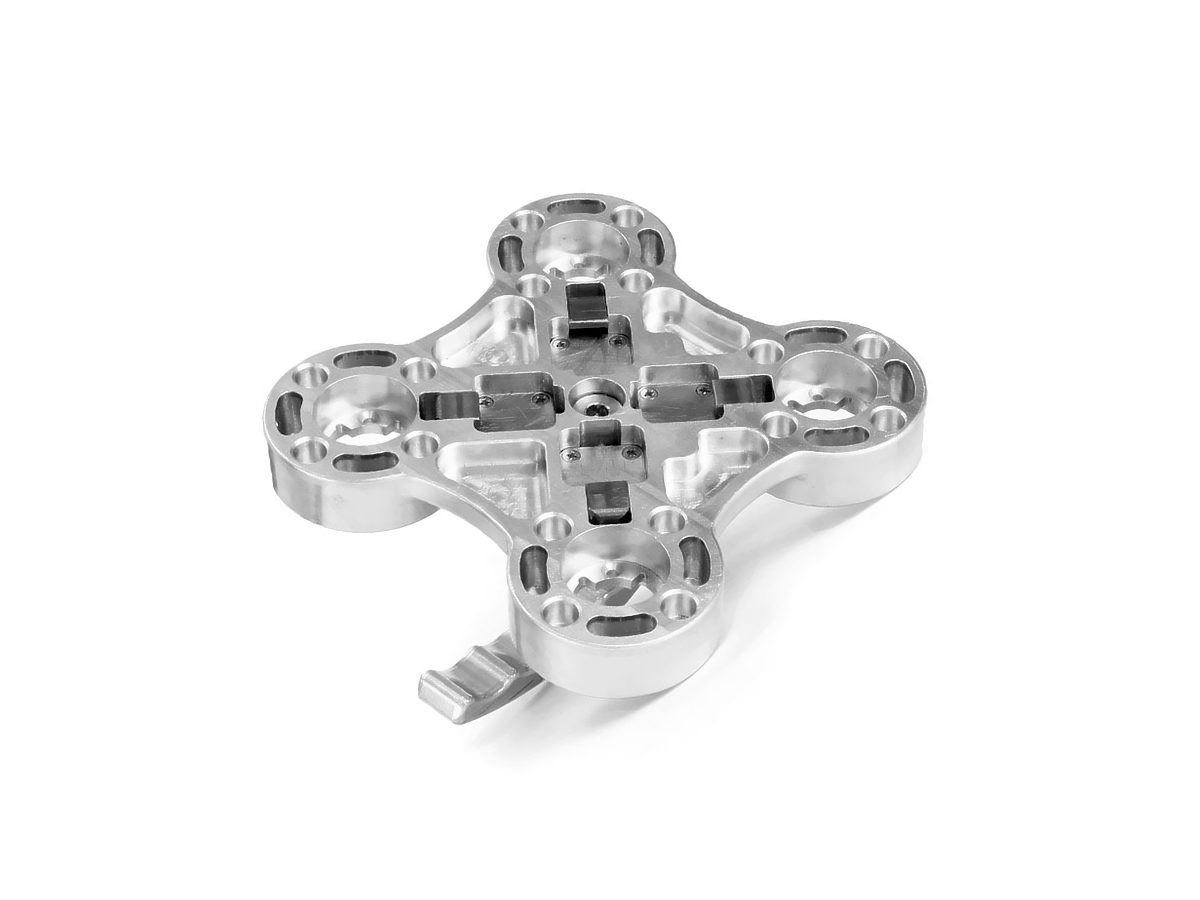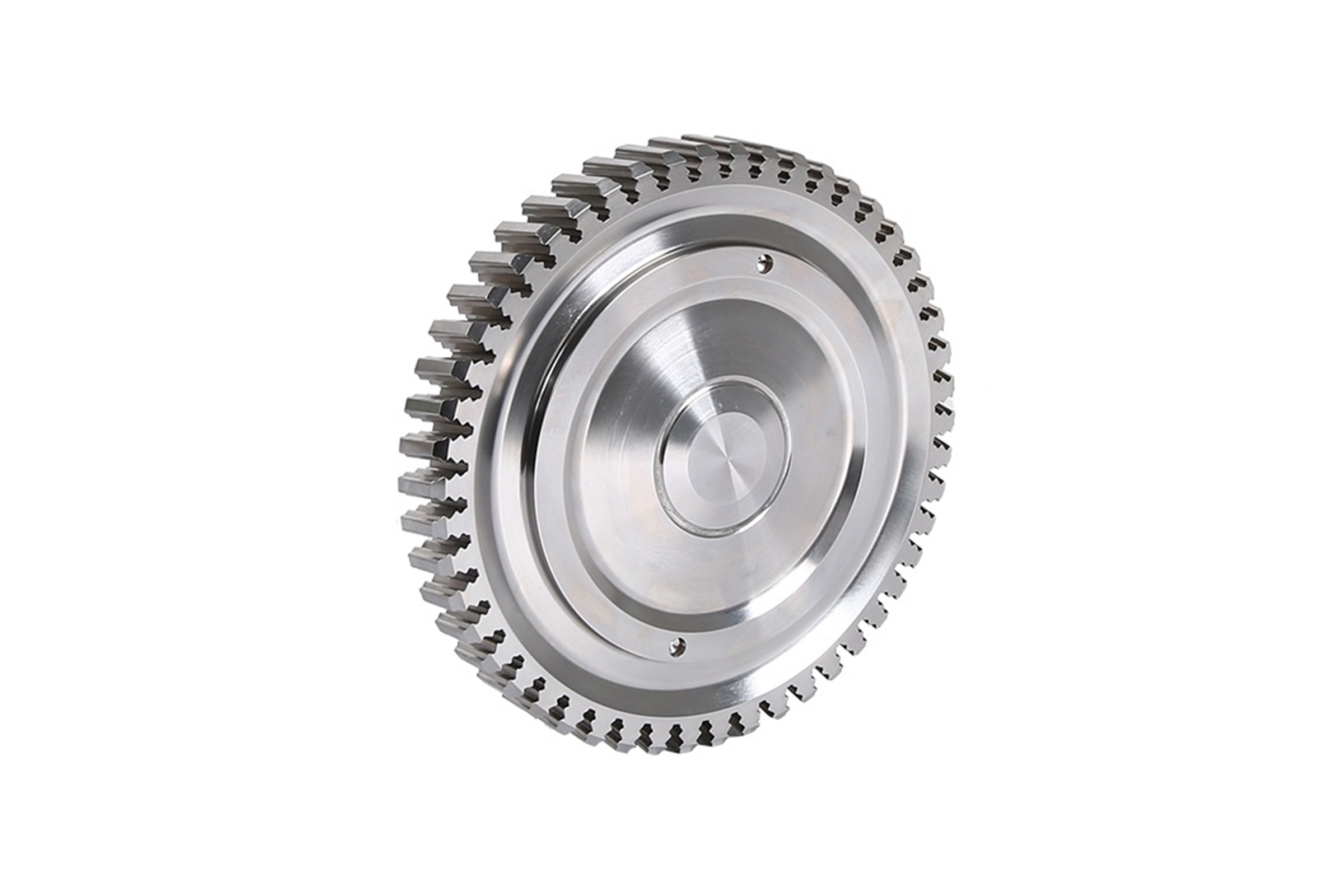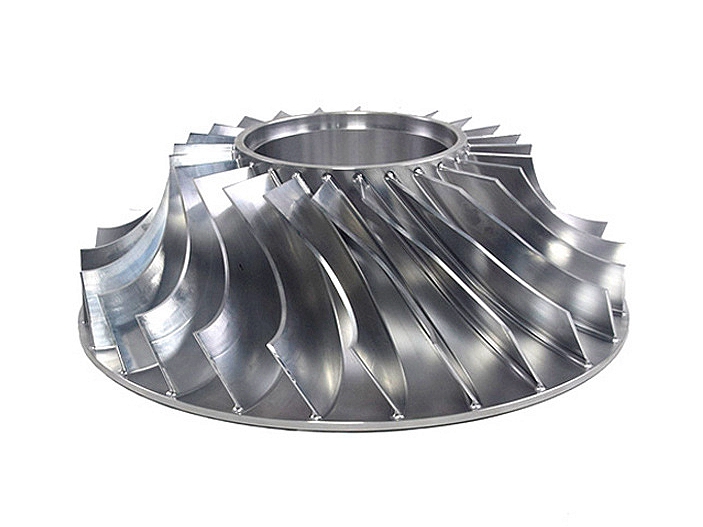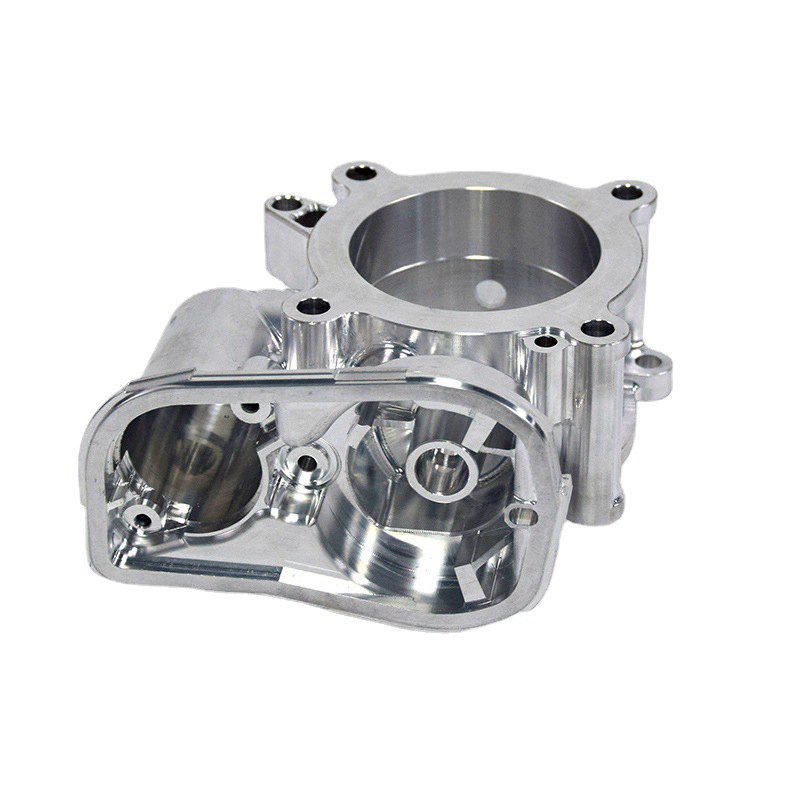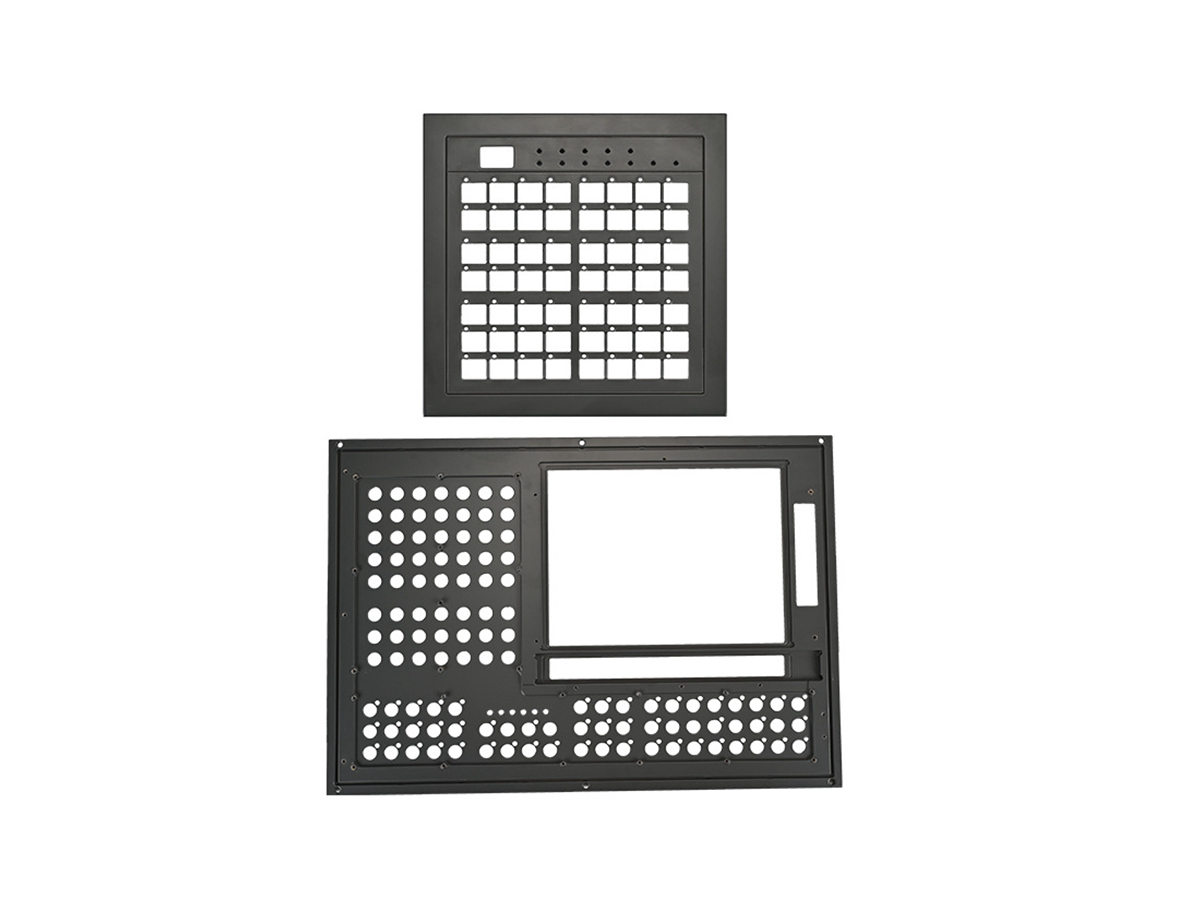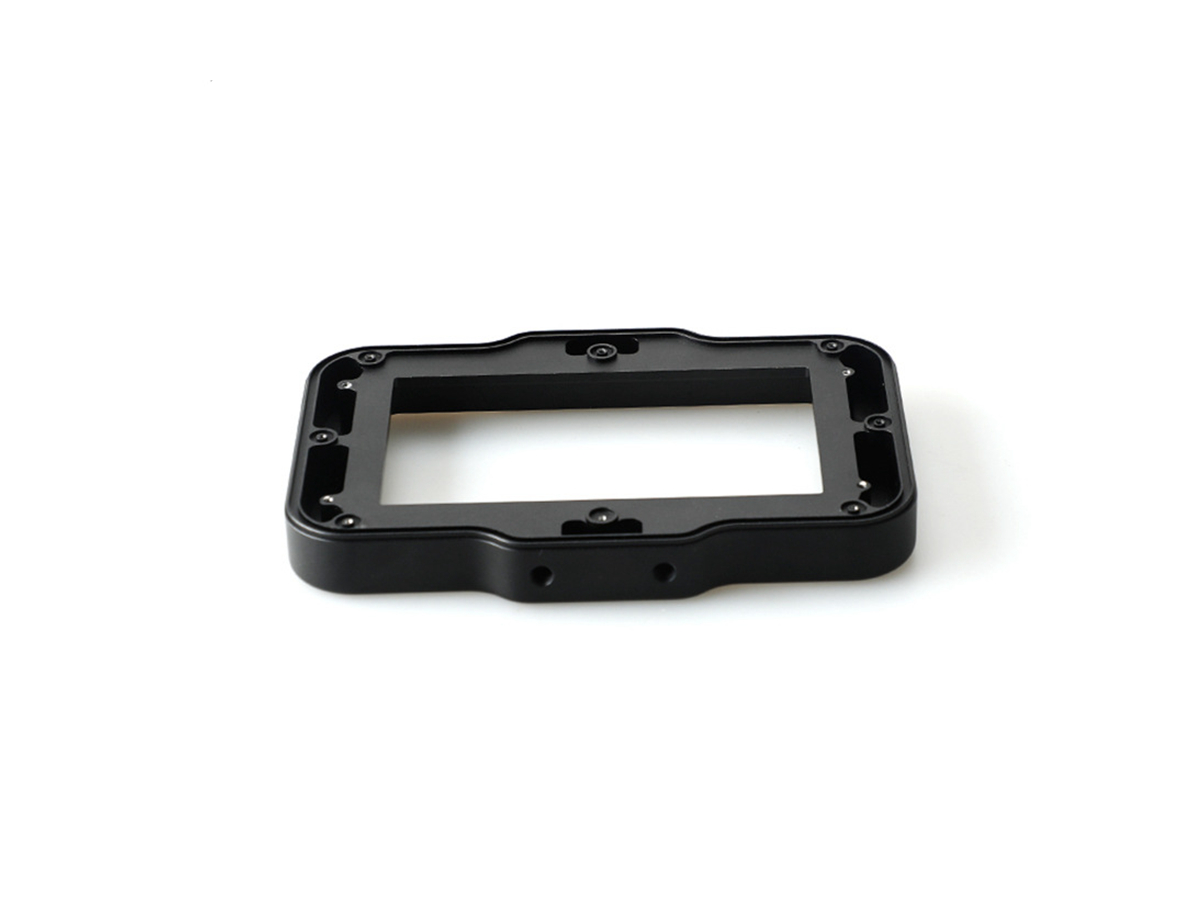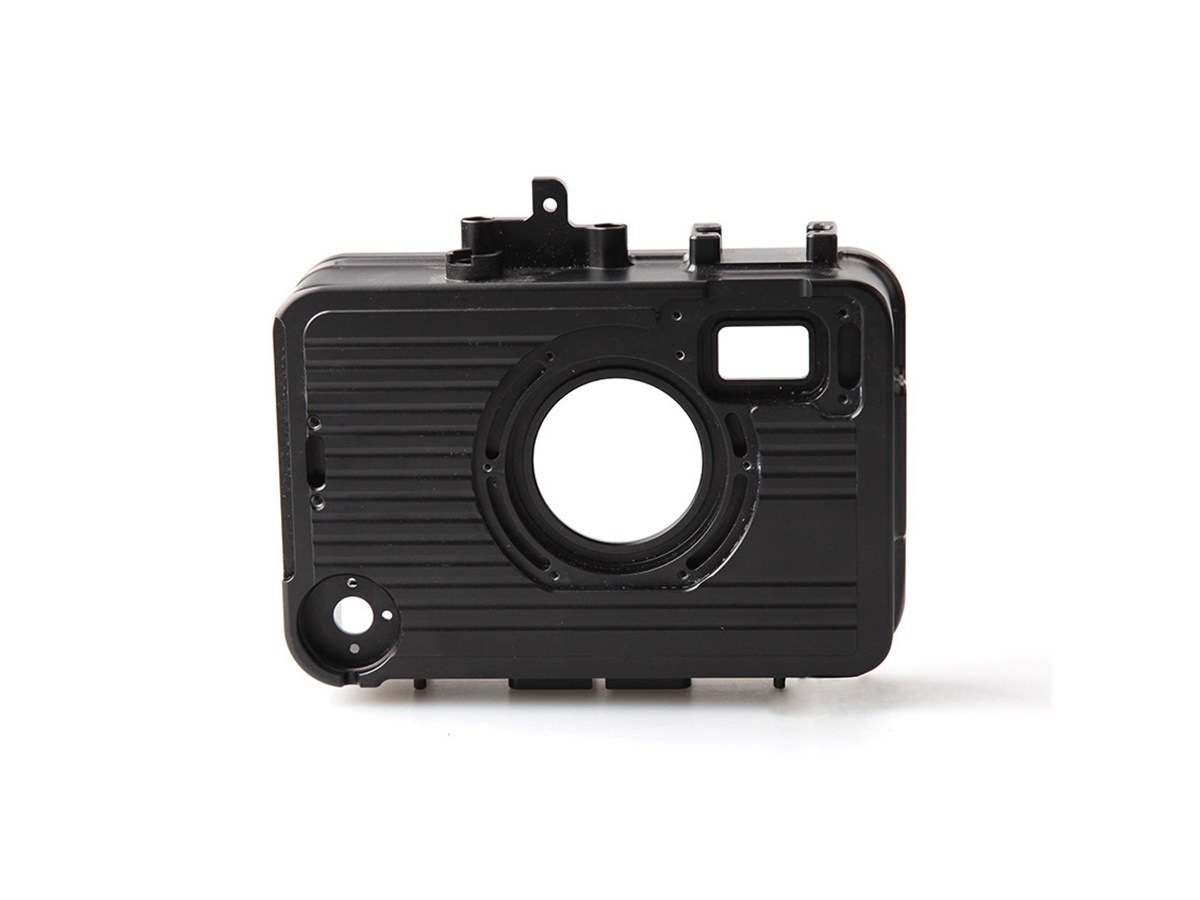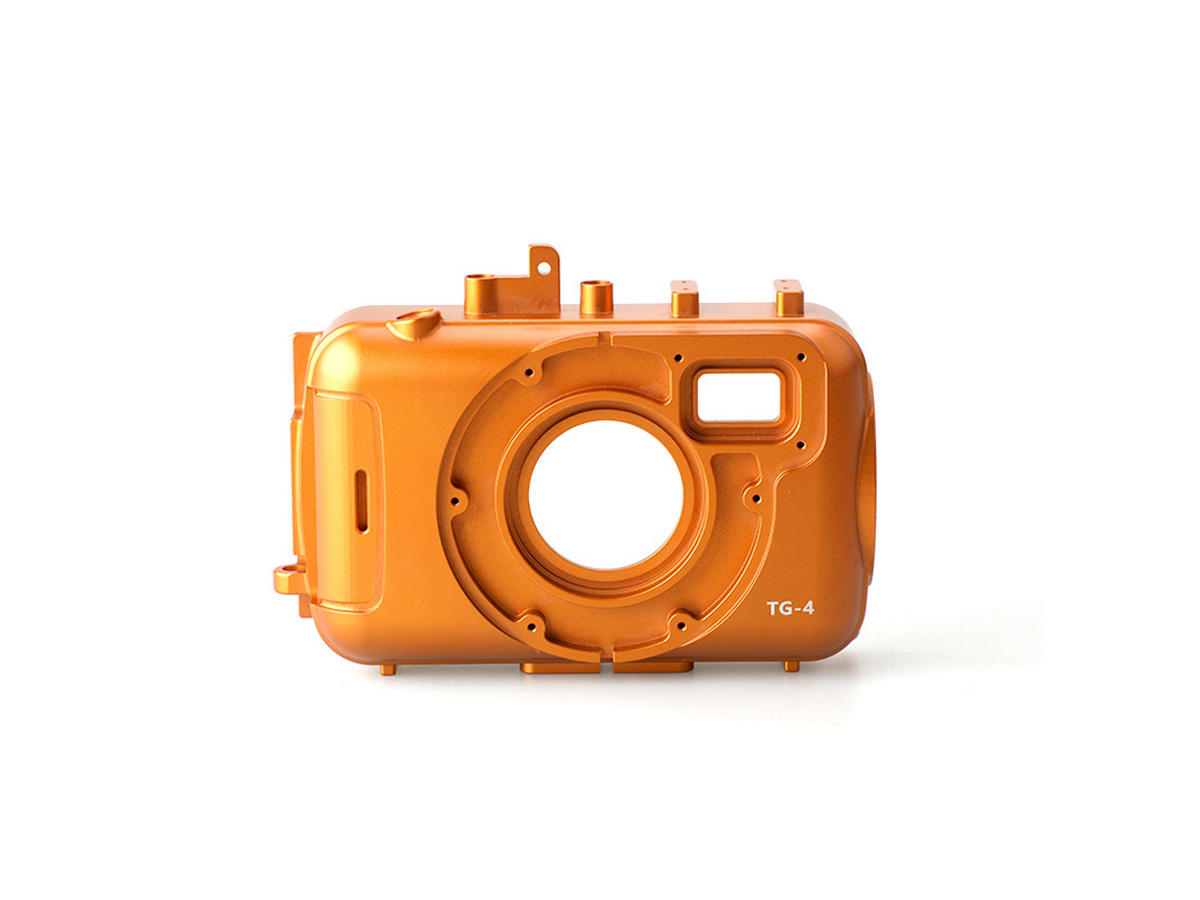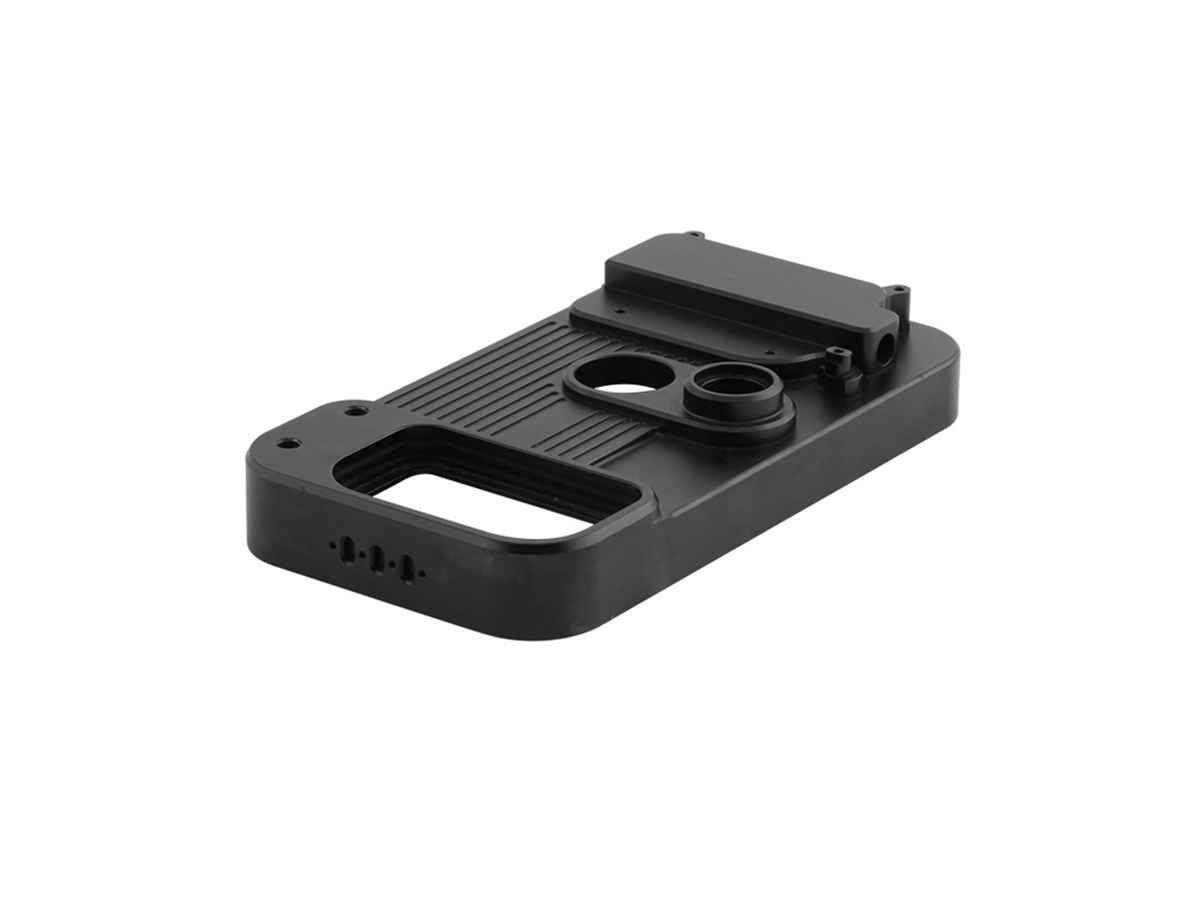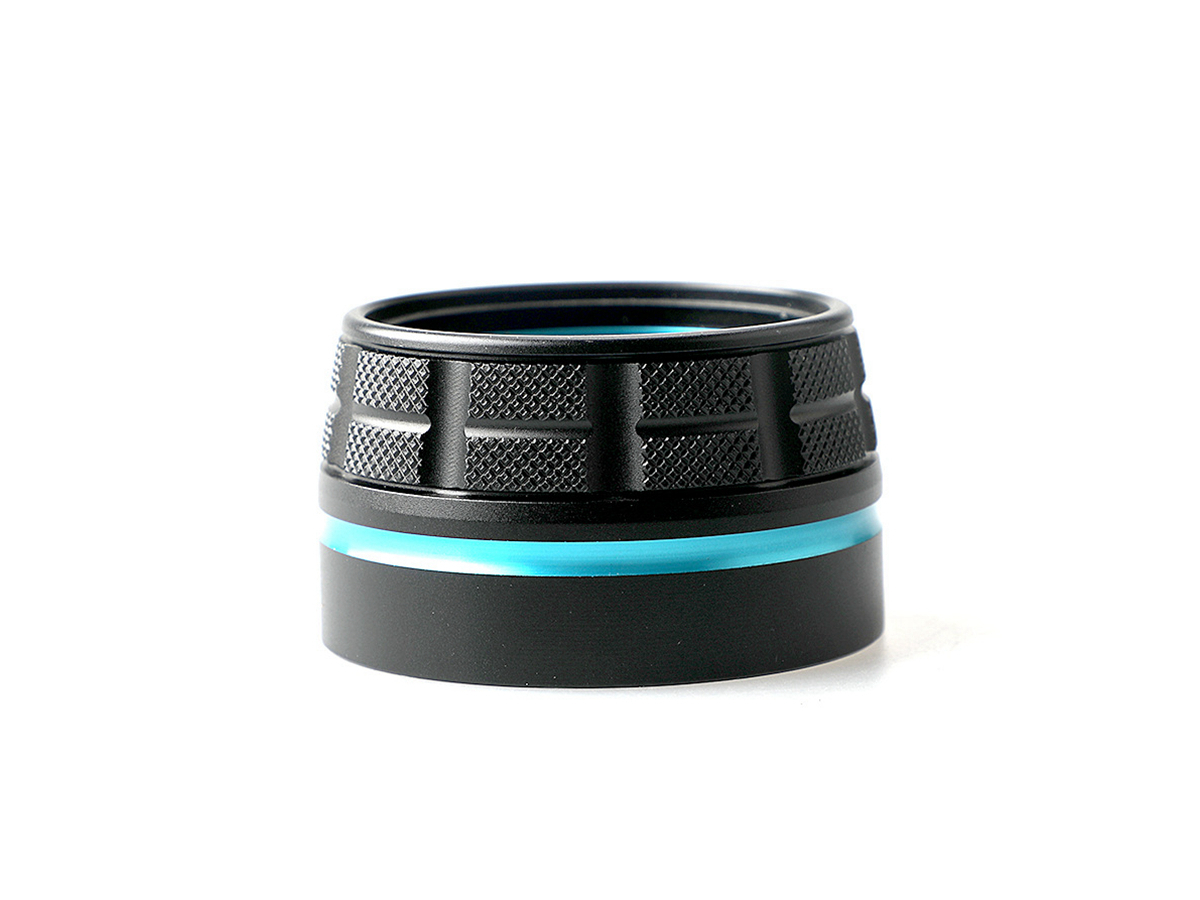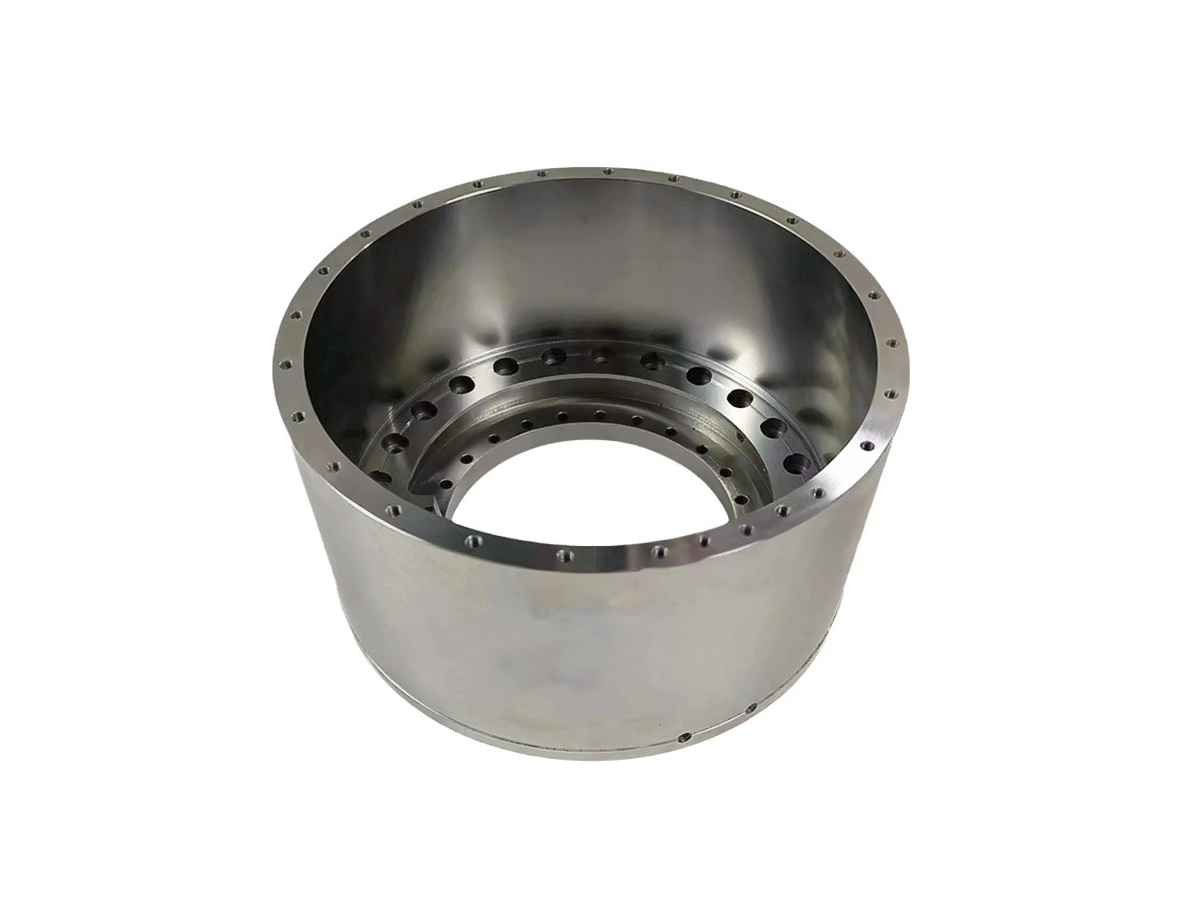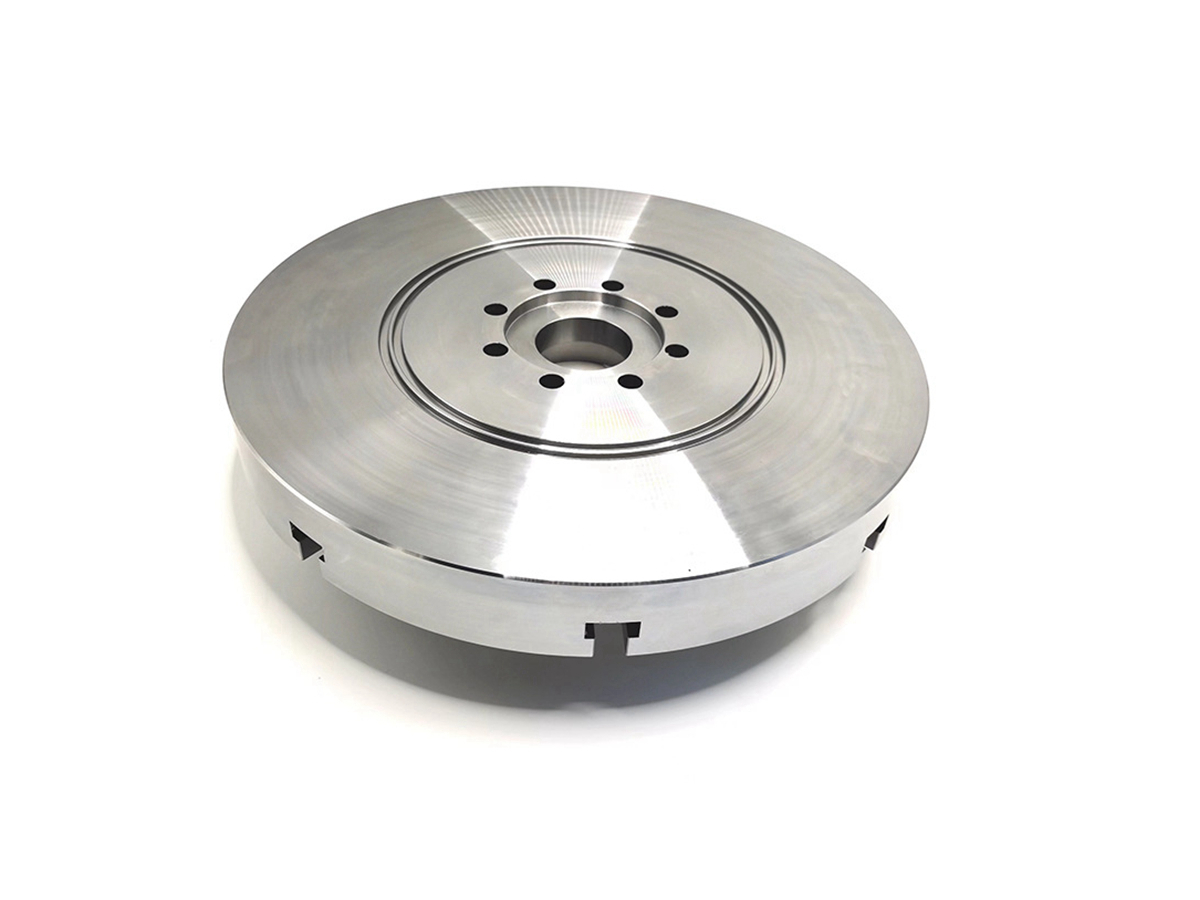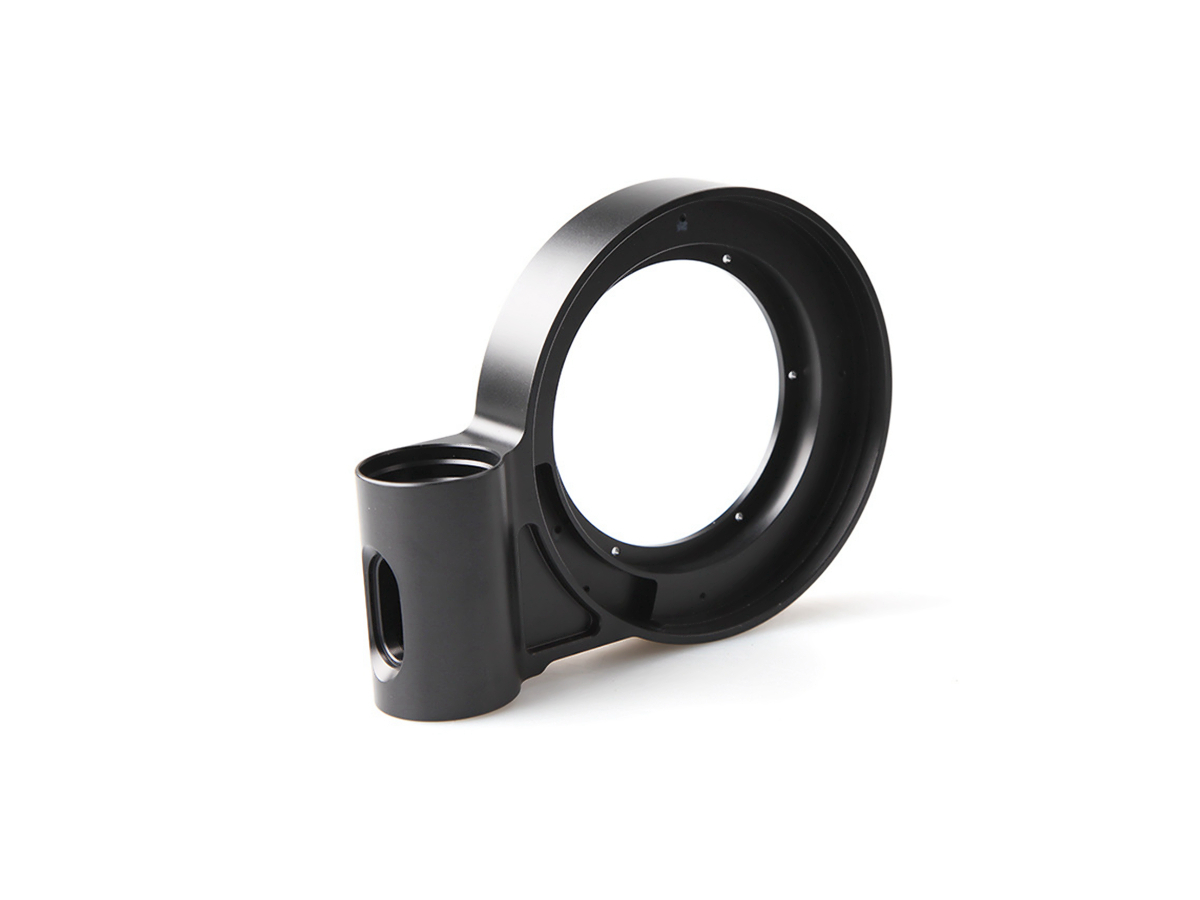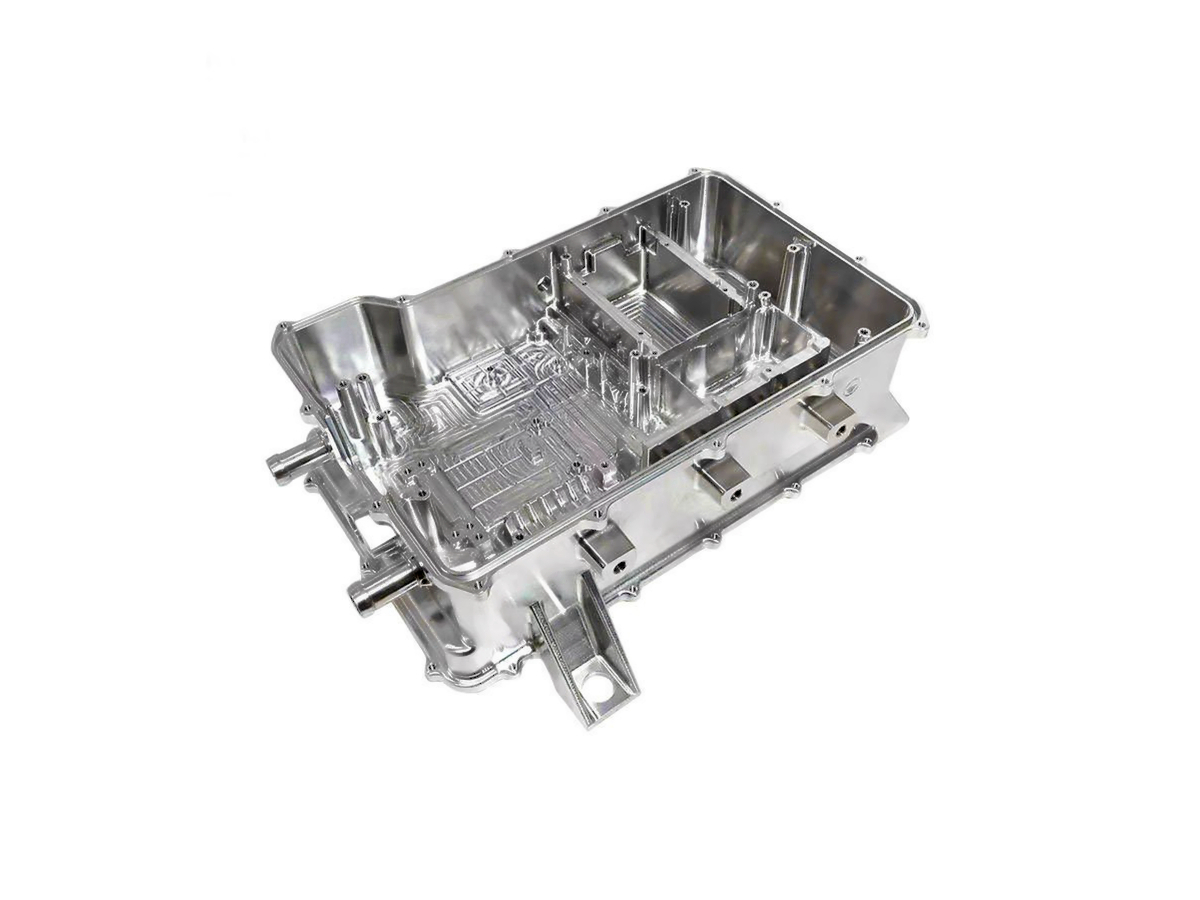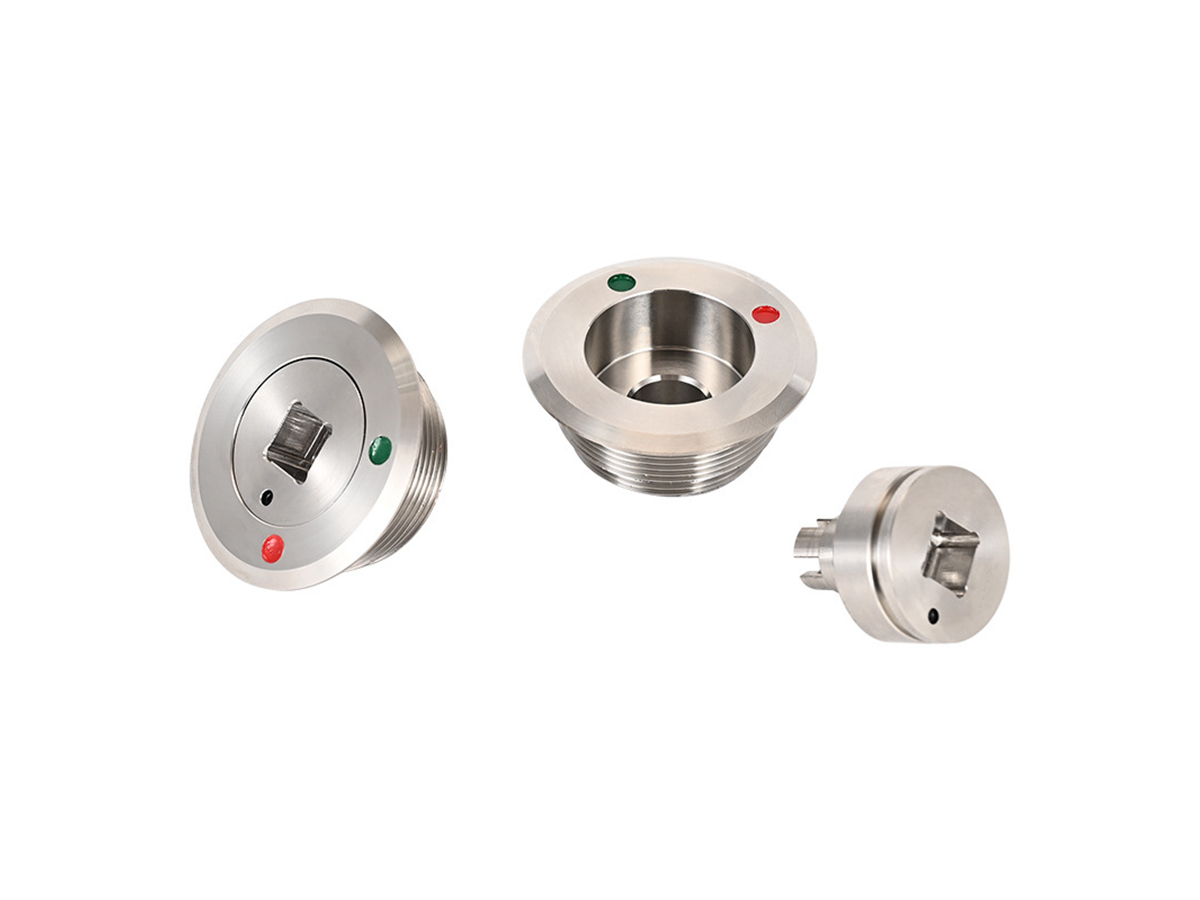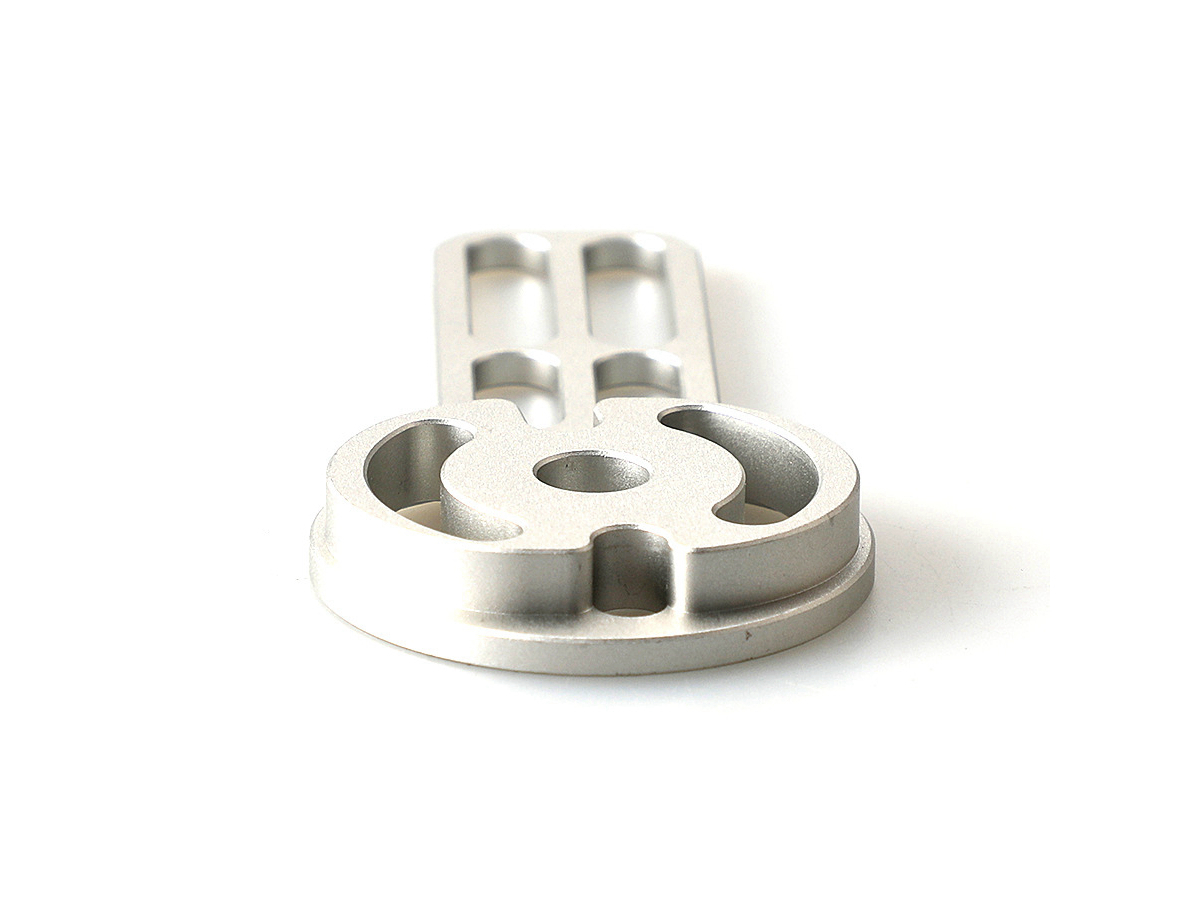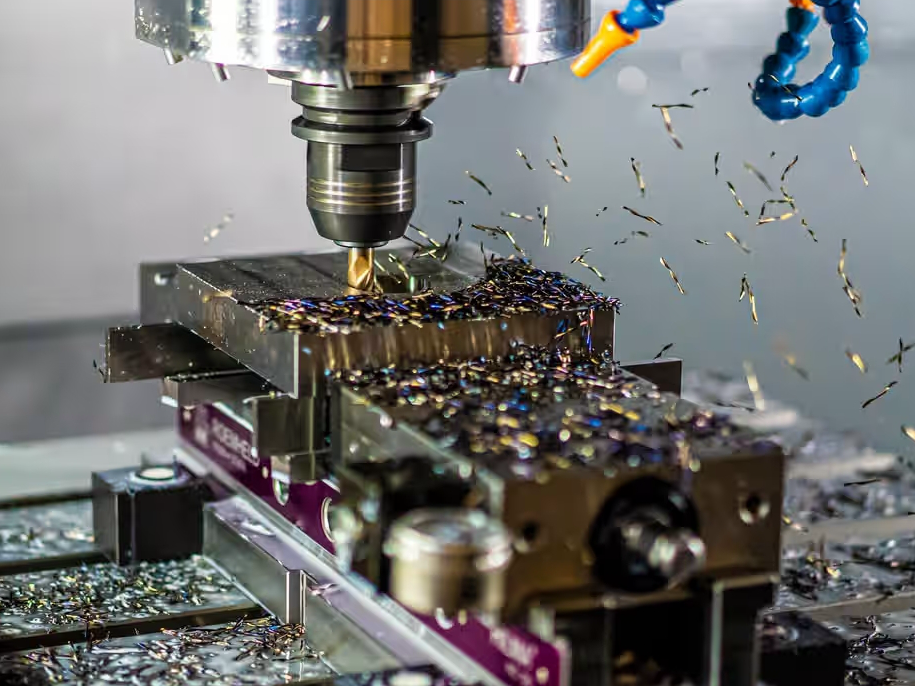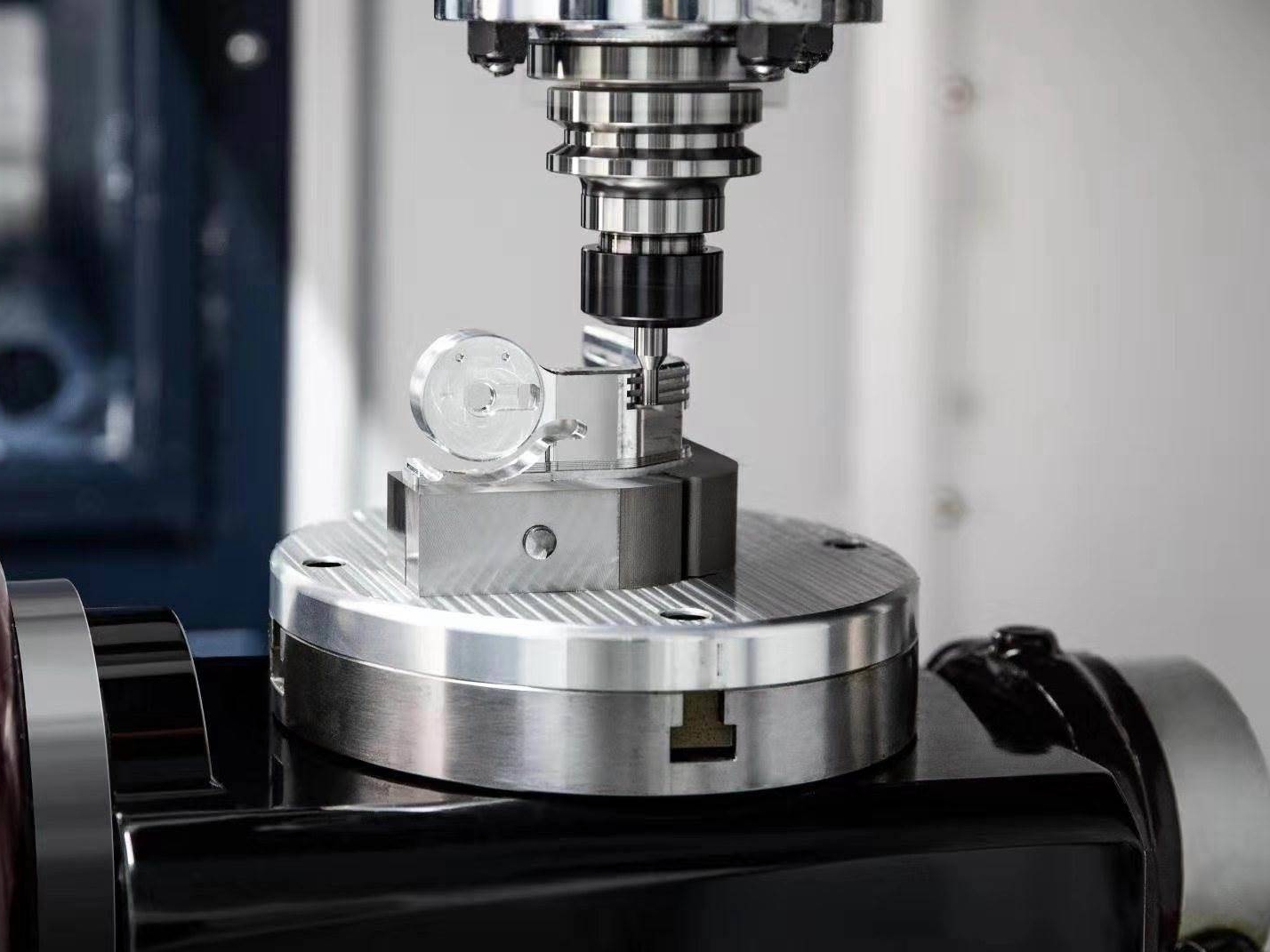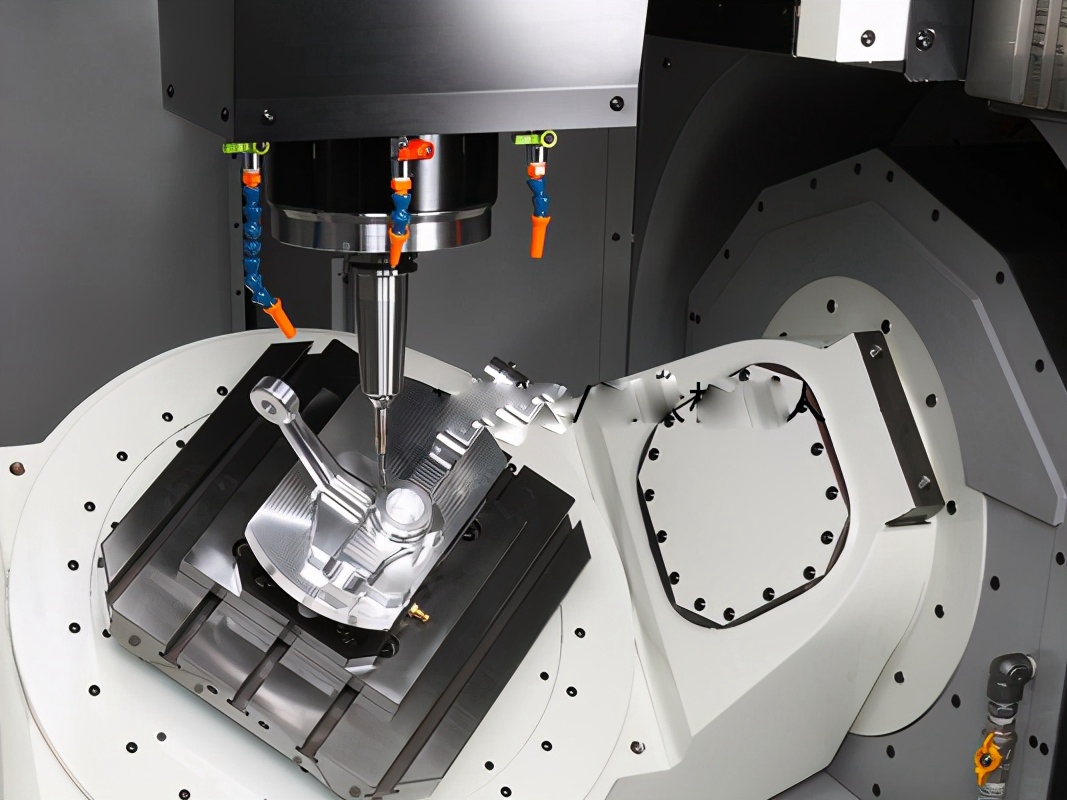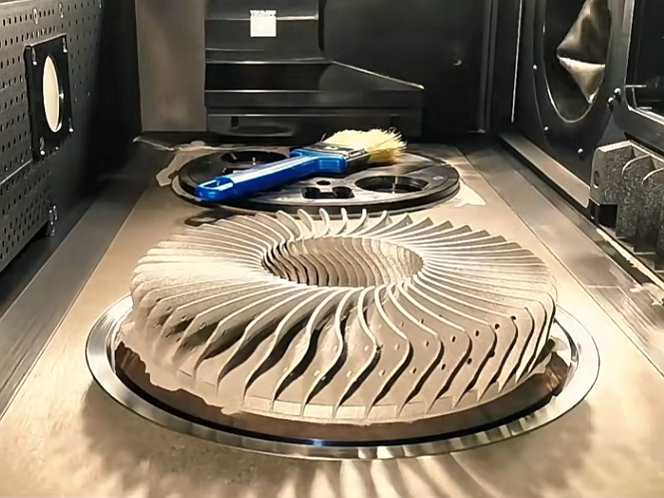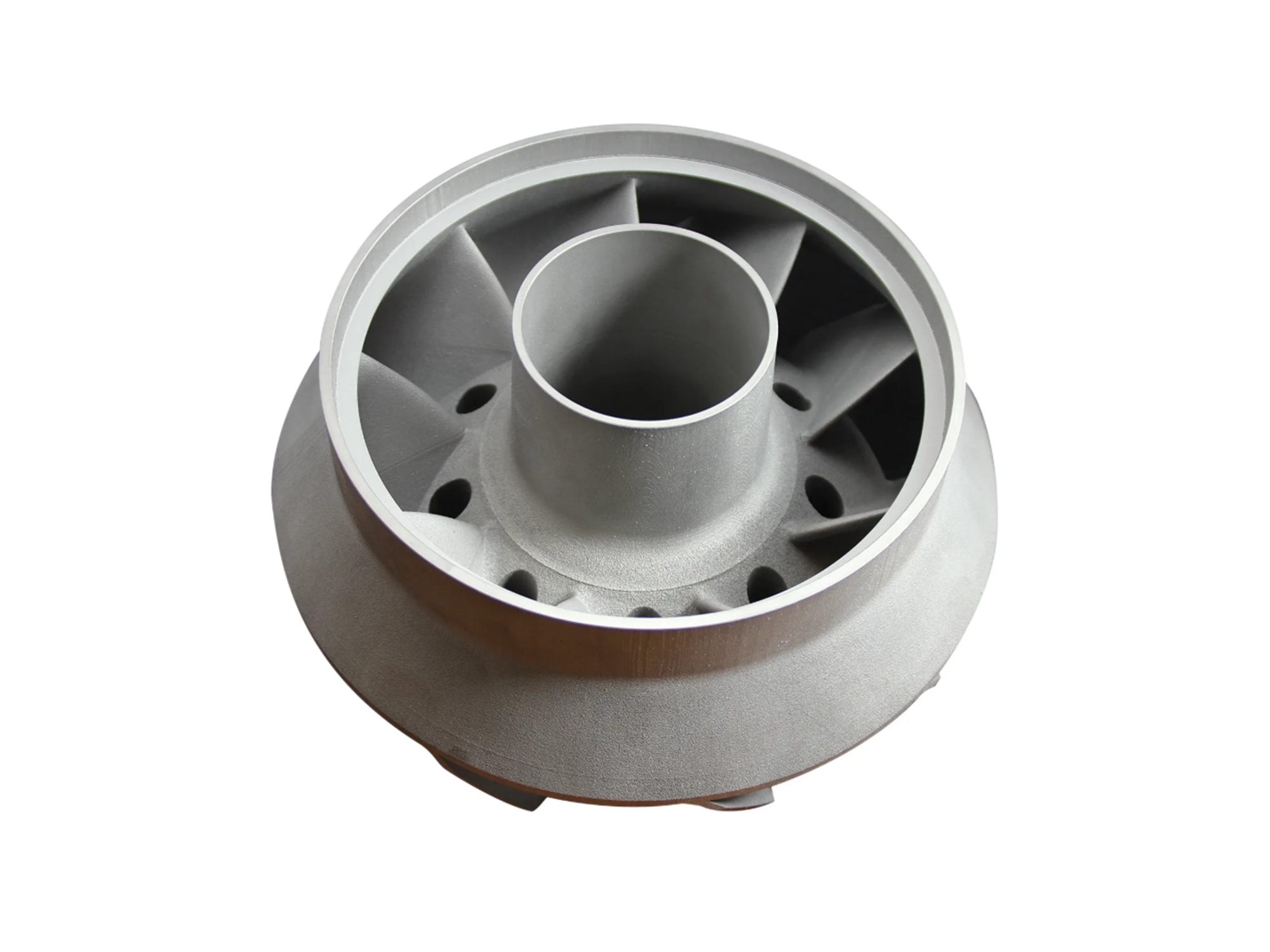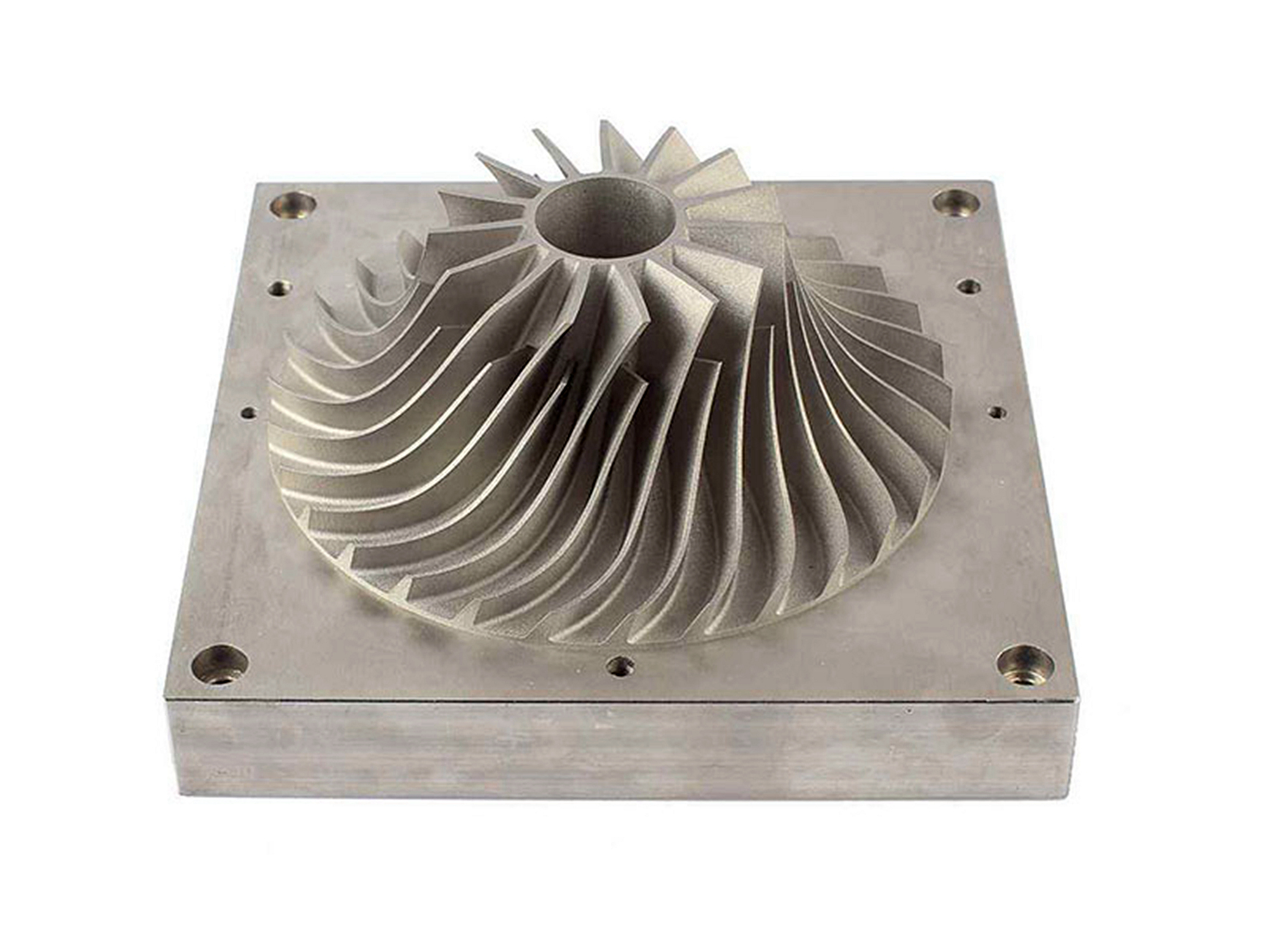Online Precision Machining Manufacturing Service
Our On-Demand Precision CNC Milling Service is tailored to meet the most exacting standards for industries requiring high-quality, reliable, and efficient superalloys, ceramic, stainless steel, aluminum, and titanium parts CNC milling solutions.
- Rapid Precision Machining Prototyping Service
- Low Volume Precision Machining Service
- Precision Machining Mass Production Service
- One Stop Precision Machining Service
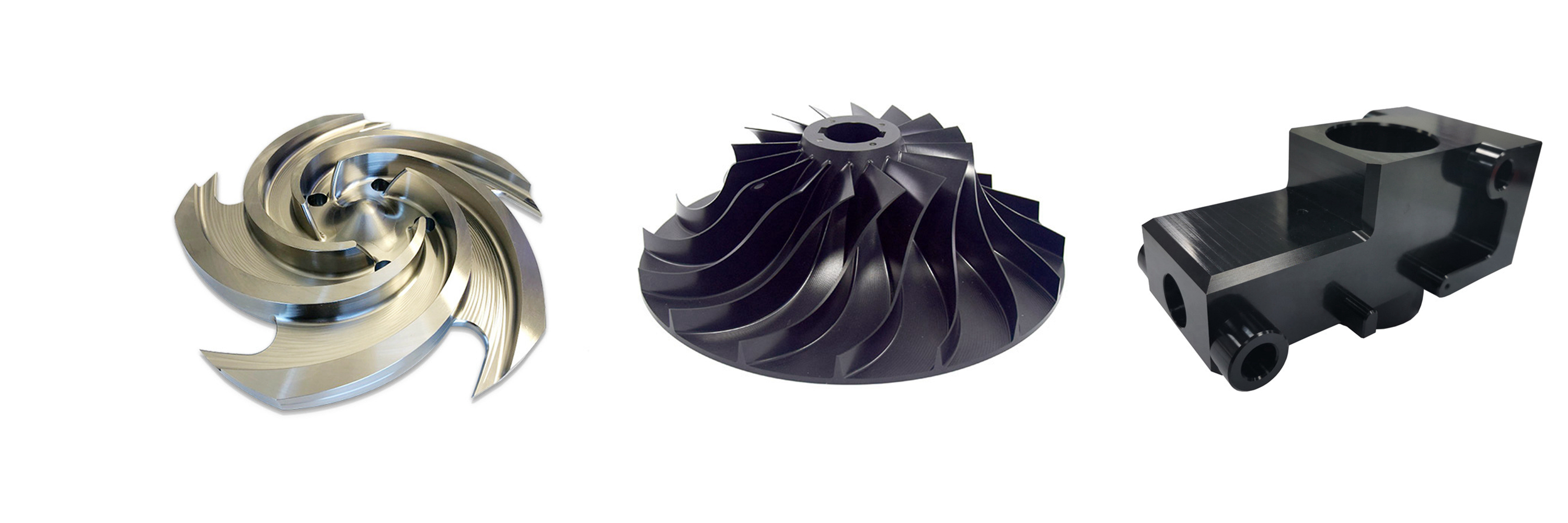
Send us your designs and specifications for a free quotation
All uploaded files are secure and confidential
Custom Parts Precision Machining Manufacturing
Custom Parts Precision Machining Manufacturing specializes in producing high-tolerance, complex parts tailored to specific requirements. Using advanced CNC technologies, we ensure superior accuracy, surface finishes, and material properties, providing reliable components for industries like aerospace, automotive, and medical devices.
Custom Parts Precision Machining Applications
Custom parts precision machining applications involve creating highly accurate, tailored components for various industries, including aerospace, automotive, medical, and industrial sectors. These applications ensure superior quality, tight tolerances, and optimal performance, meeting the specific requirements of each project.
Key Materials for Precision Machining
Precision machining materials include a range of metals and composites, each offering unique properties for various applications. Superalloys, titanium, aluminum, copper, brass, and bronze are valued for strength, heat resistance, and durability. Carbon and stainless steels provide toughness, while plastics and ceramics are used for lightweight, corrosion-resistant, and high-precision components. These materials cater to industries like aerospace, automotive, and medical.
Surface Treatments for Precision Machined Parts
Surface treatments for precision machined parts enhance durability, corrosion resistance, and aesthetics. Techniques like anodizing, plating, polishing, and coating ensure optimal performance and longevity, meeting industry-specific requirements for aerospace, automotive, medical, and other high-demand applications.
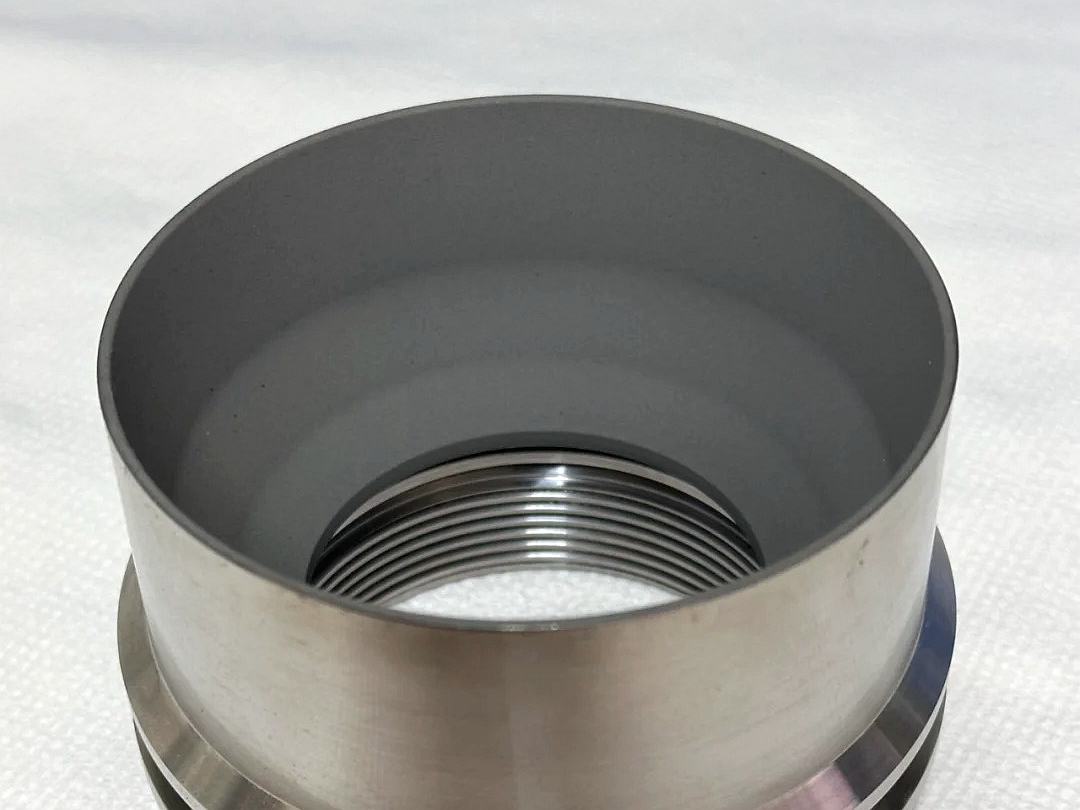
learn more
Thermal Coating
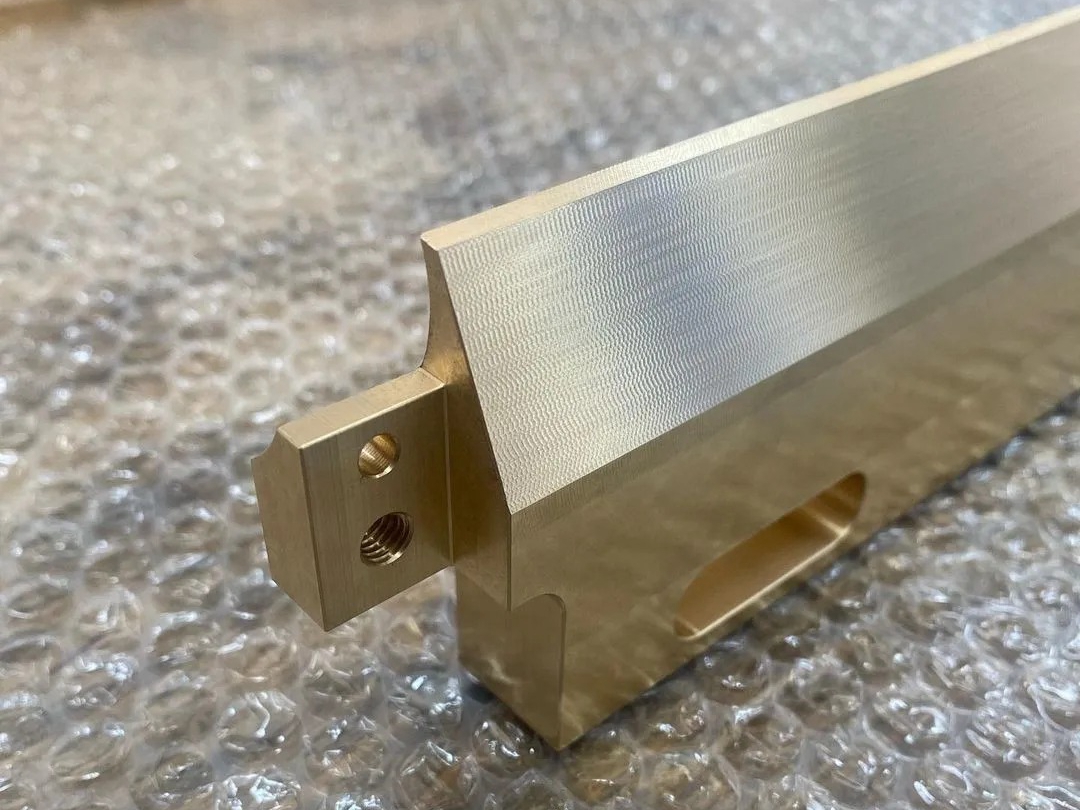
learn more
As Machined
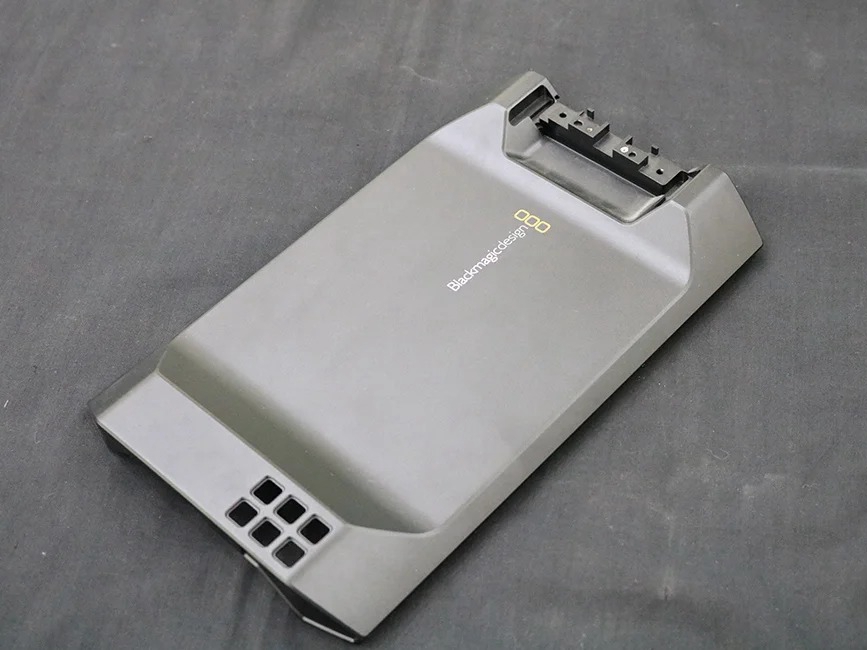
learn more
Painting
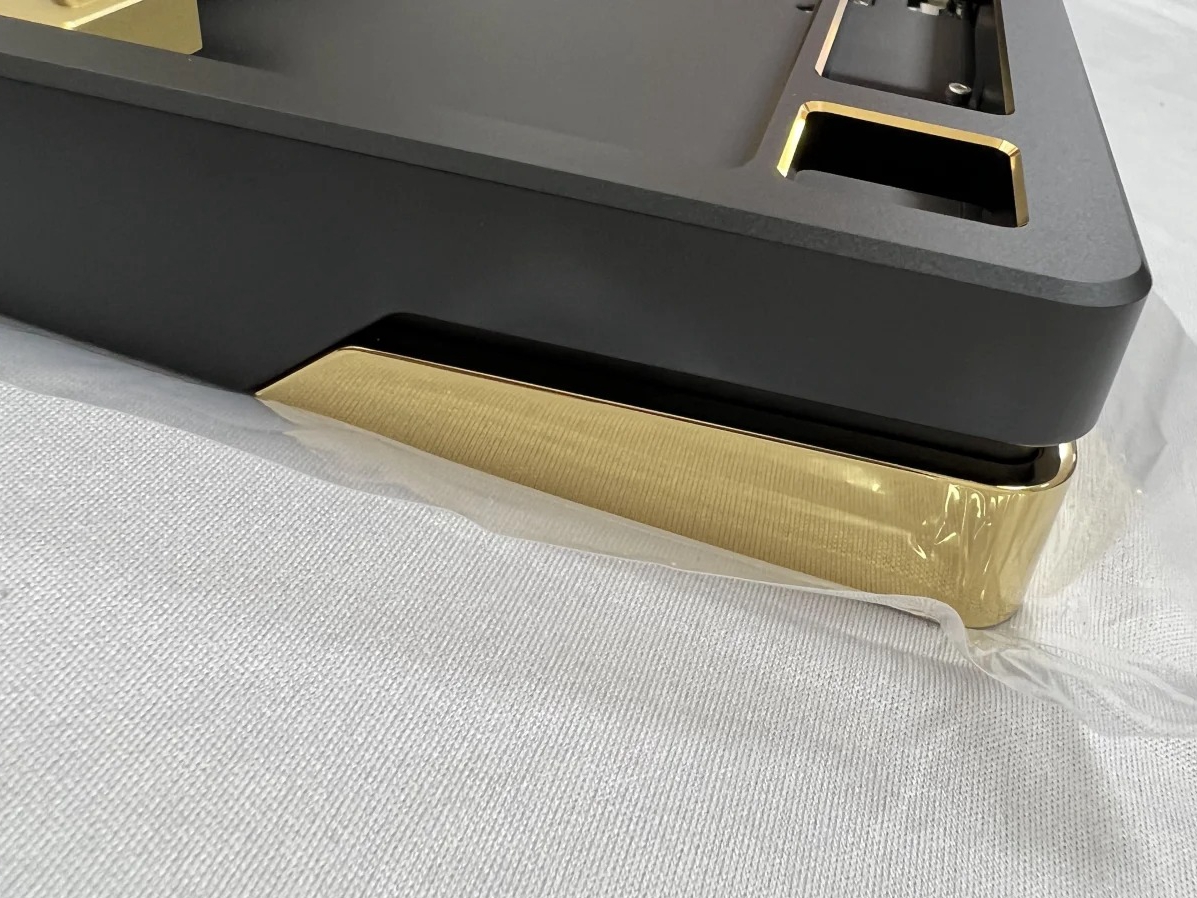
learn more
PVD (Physical Vapor Deposition)
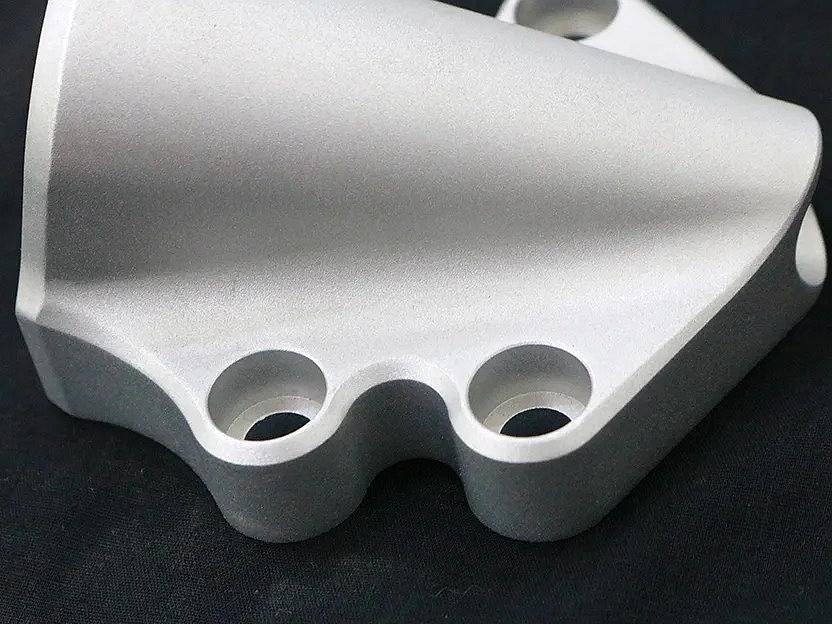
learn more
Sandblasting
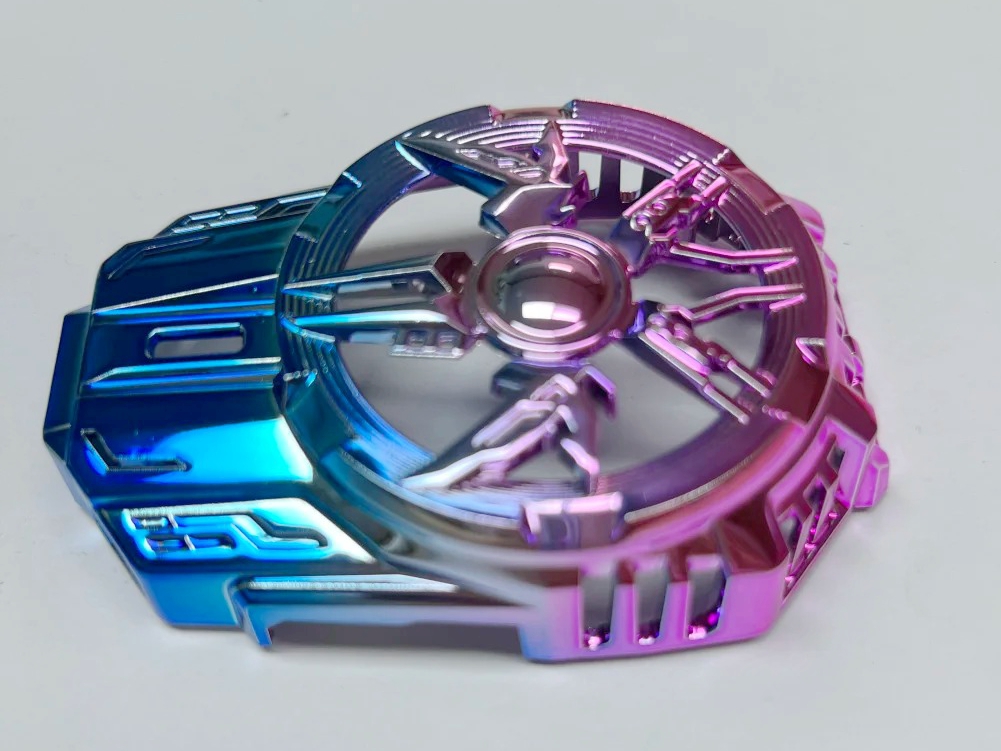
learn more
Electroplating

learn more
Polishing
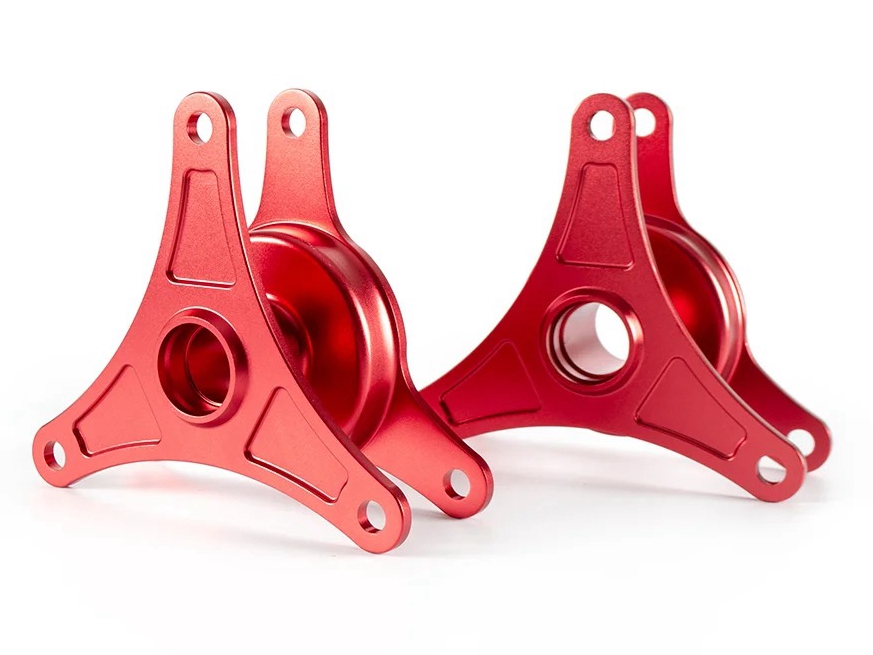
learn more
Anodizing
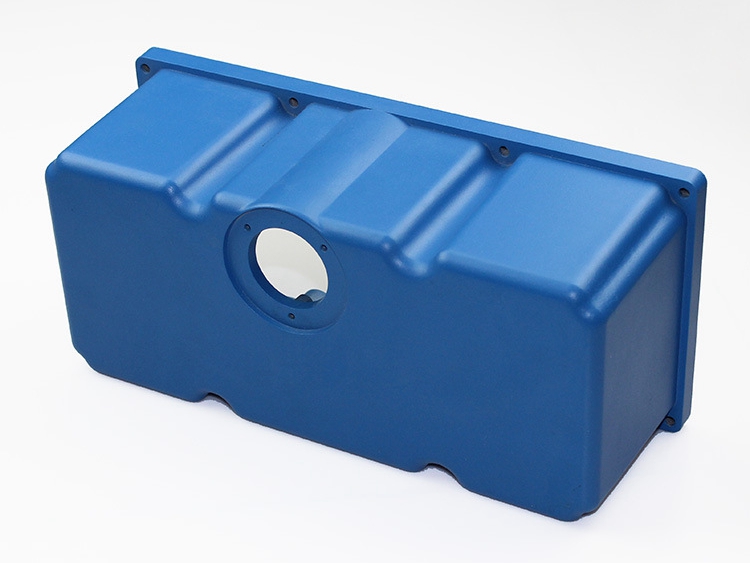
learn more
Powder Coating
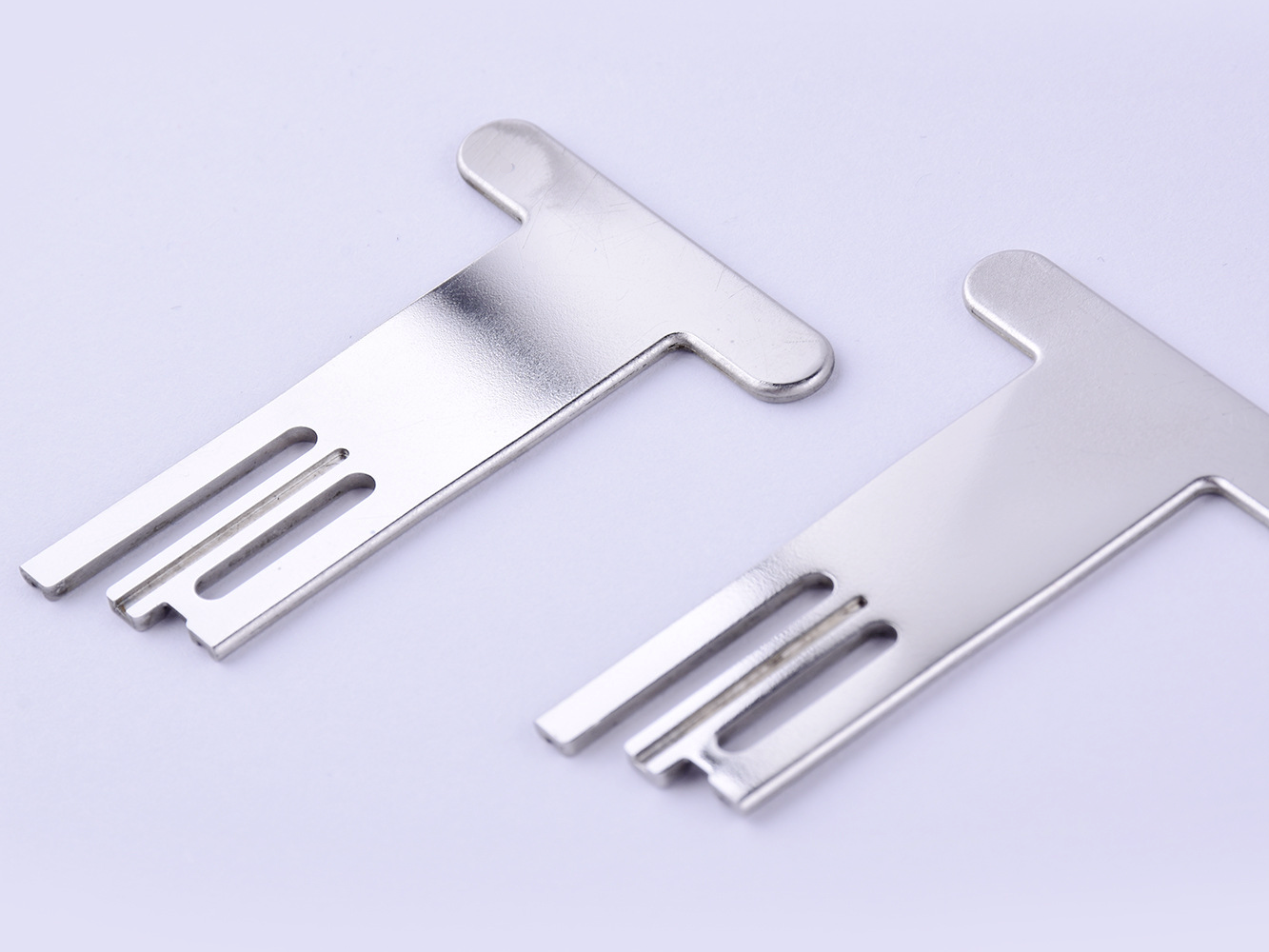
learn more
Electropolishing
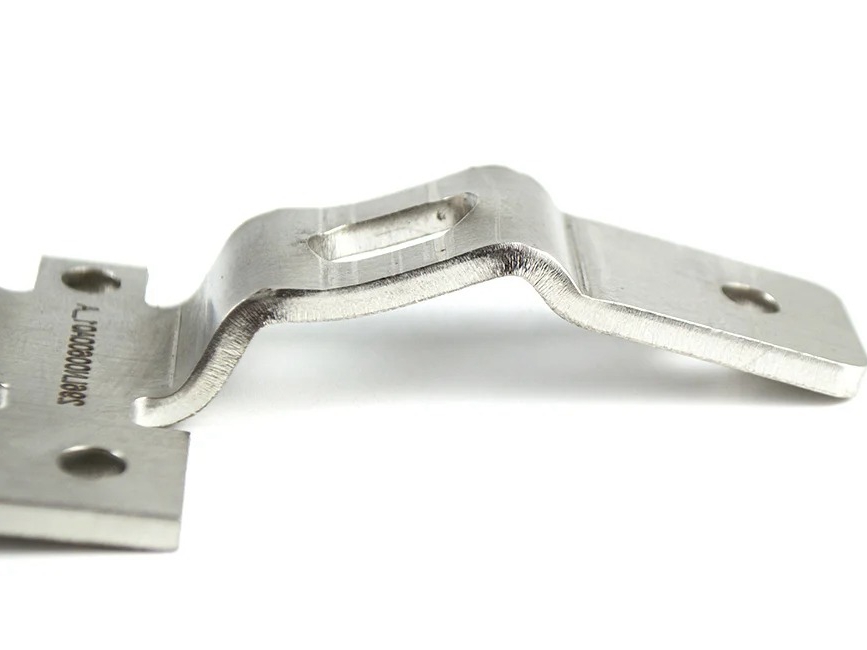
learn more
Passivation
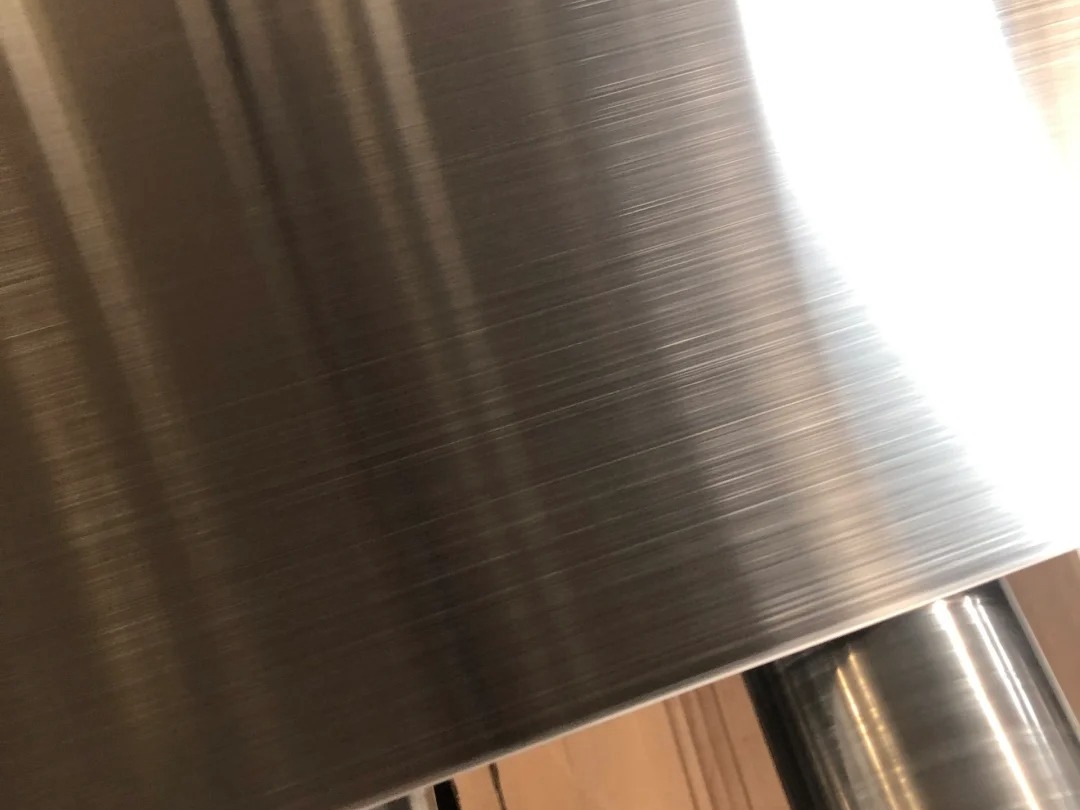
learn more
Brushing
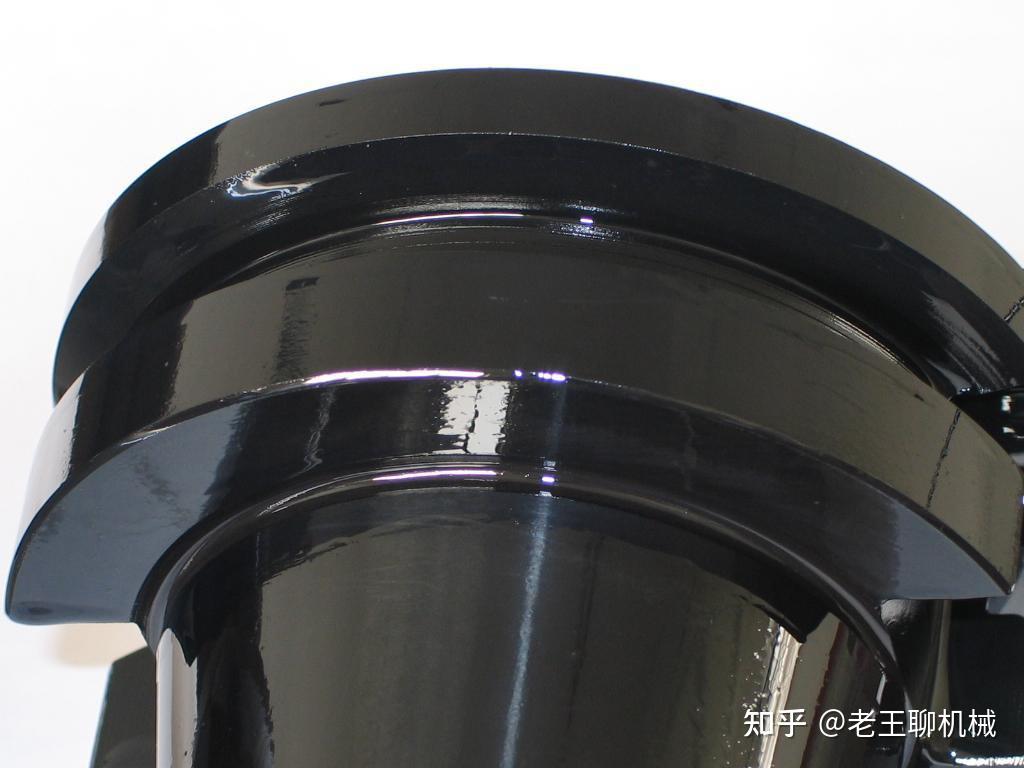
learn more
Black Oxide
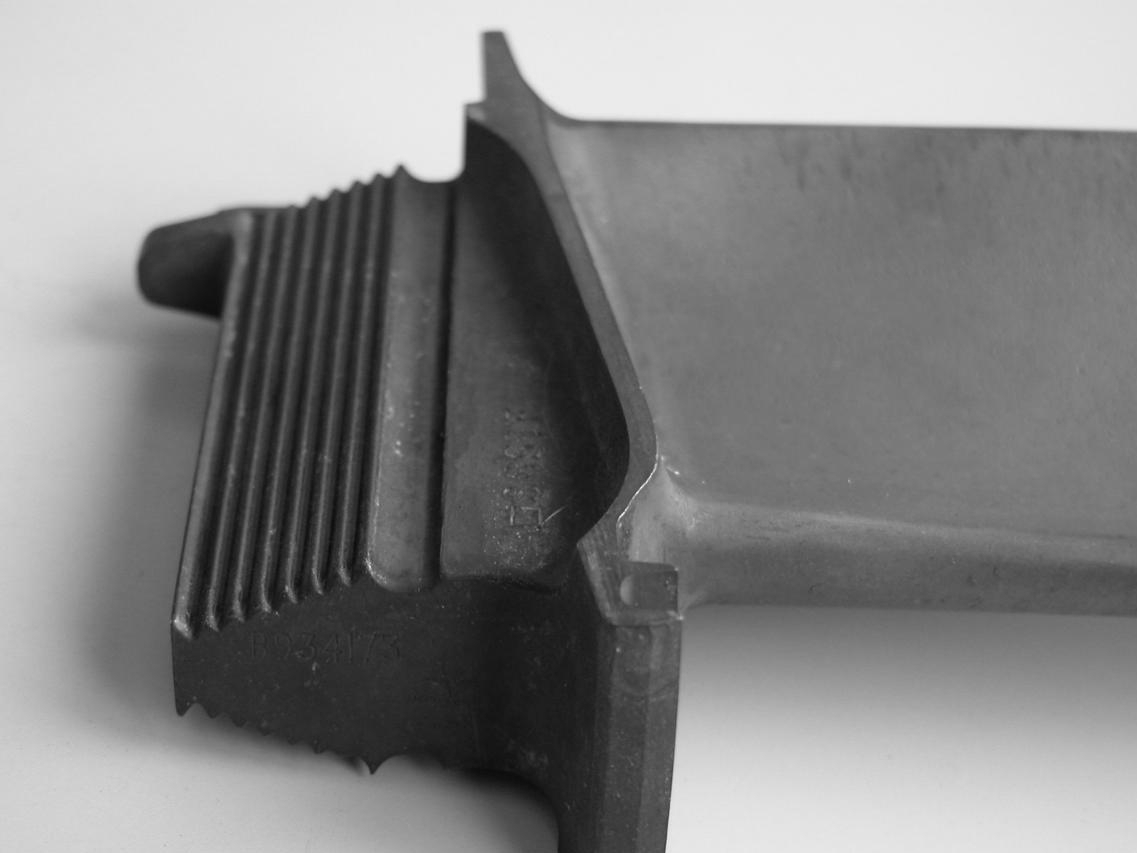
learn more
Heat Treatment
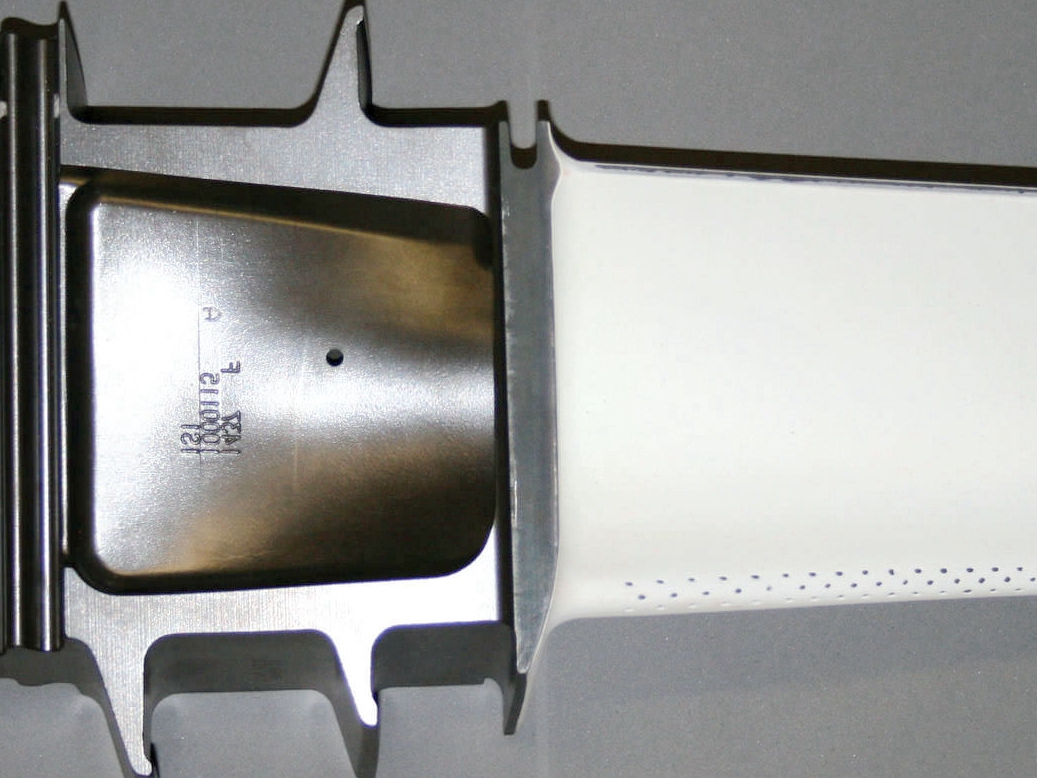
learn more
Thermal Barrier Coating (TBC)
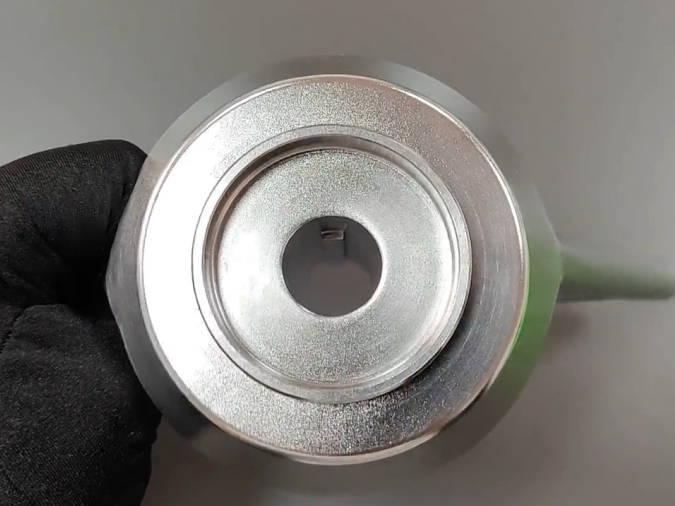
learn more
Tumbling
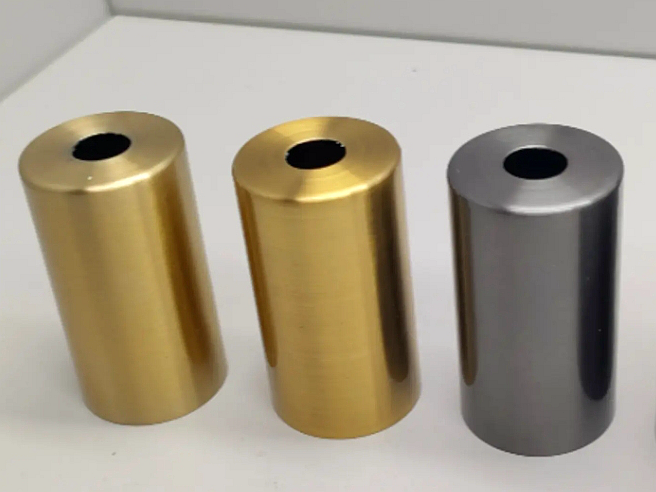
learn more
Alodine
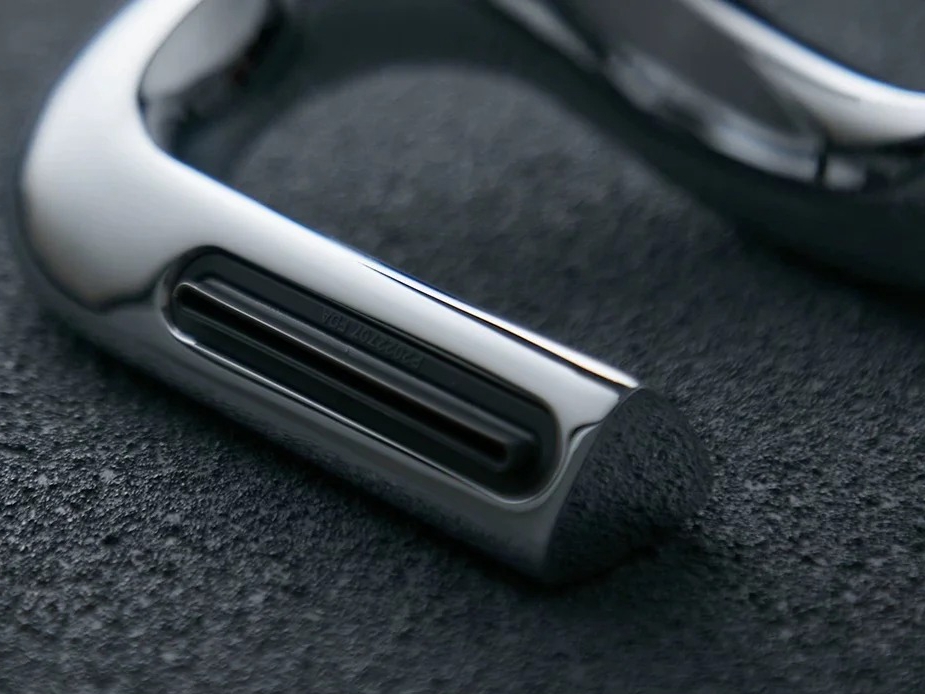
learn more
Chrome Plating
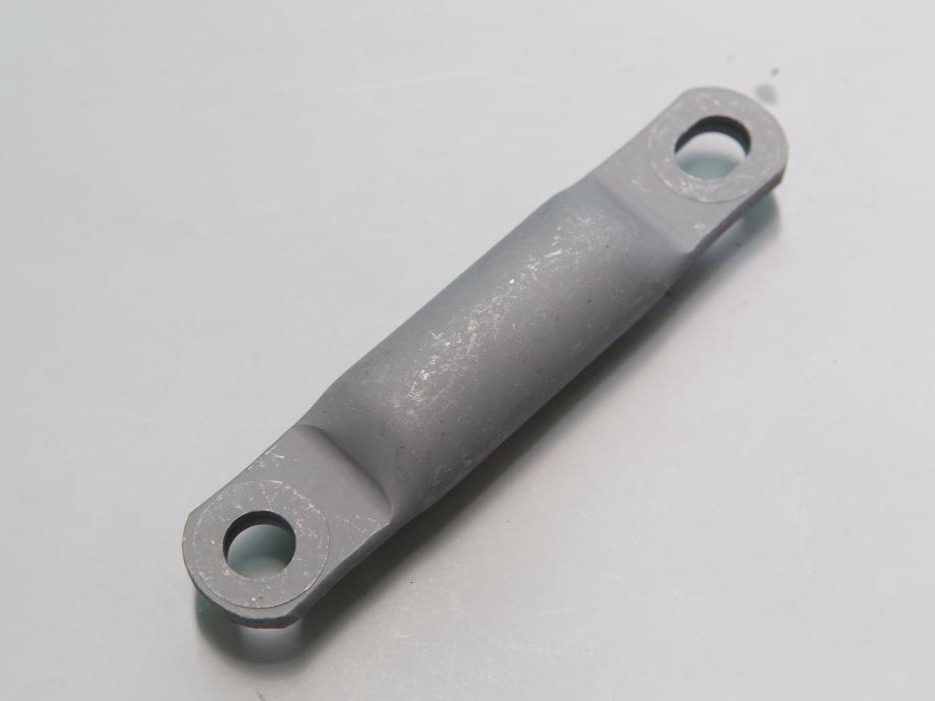
learn more
Phosphating
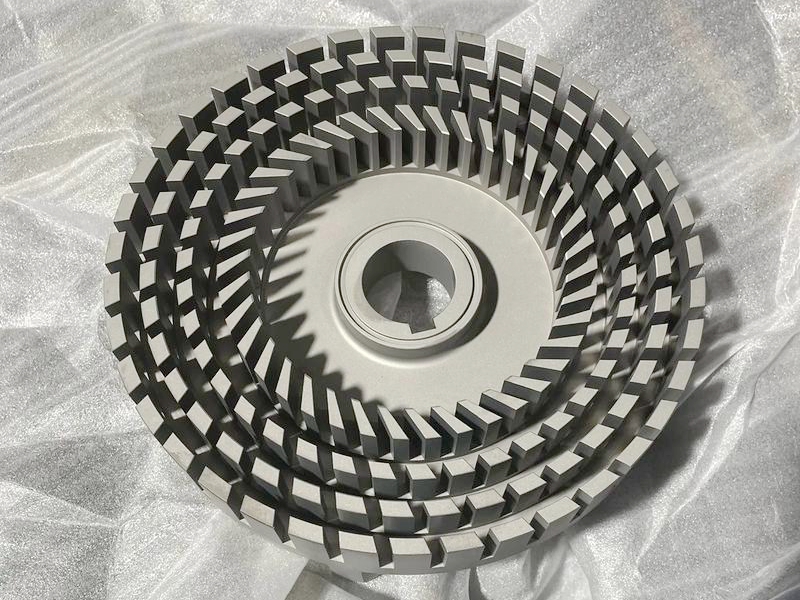
learn more
Nitriding
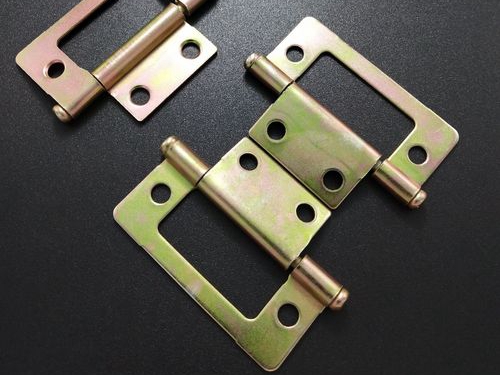
learn more
Galvanizing
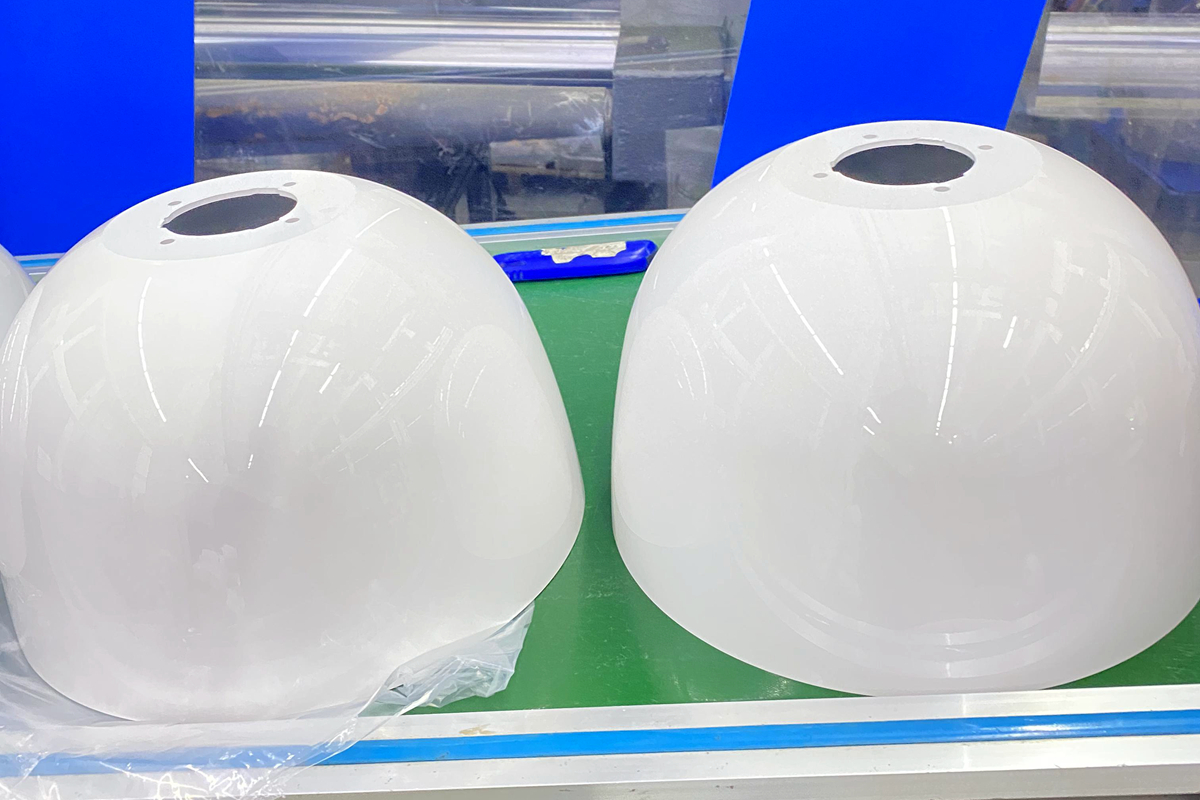
learn more
UV Coating
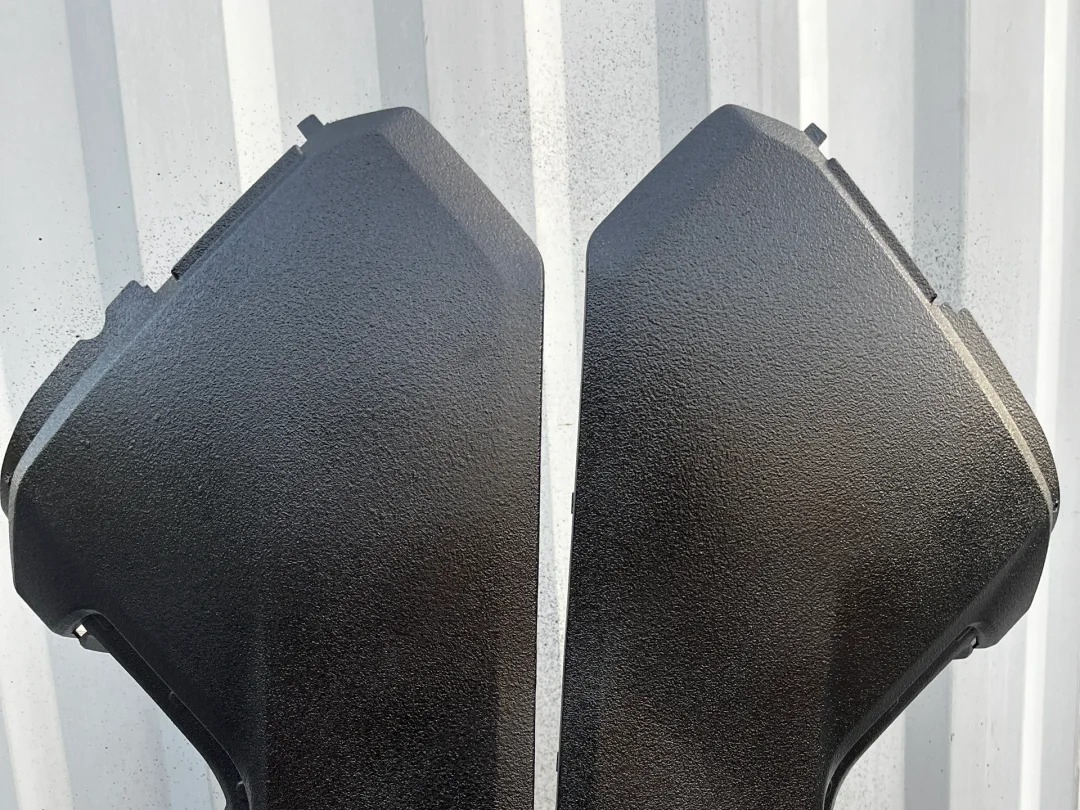
learn more
Lacquer Coating
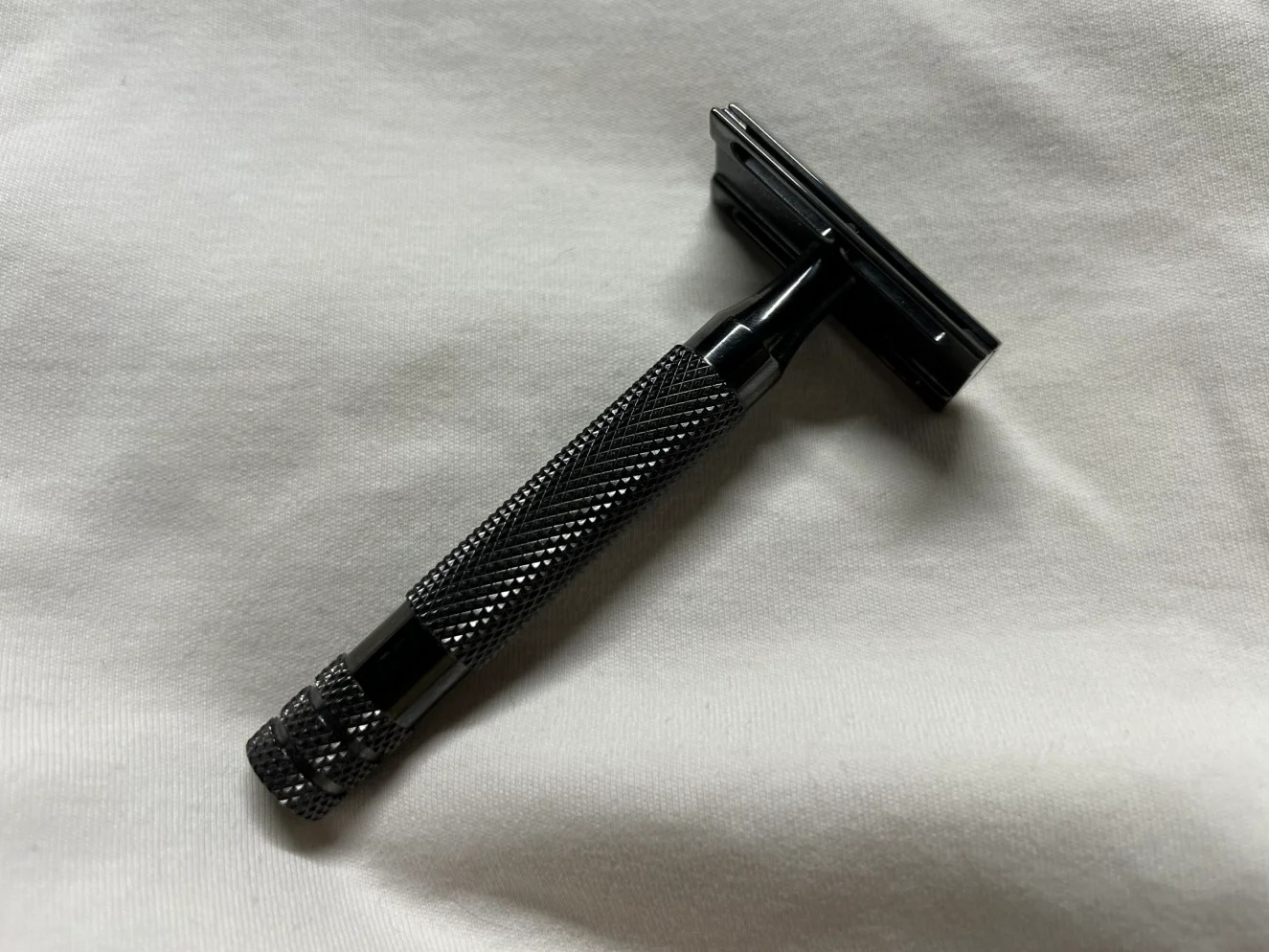
learn more
Teflon Coating
Precision Machined Parts Case Study
A precision machined parts case study showcases real-world applications, demonstrating the ability to produce high-quality components with tight tolerances. It highlights the process, challenges, and results, offering insights into how precision machining solves complex engineering problems across industries.
Let's Start A New Project Today
Precision Machining Tolerance Suggestion
Precision machining tolerance suggestions provide guidance on achievable limits for part dimensions, ensuring accuracy and functionality. By selecting appropriate tolerances based on material, design, and application, manufacturers can optimize performance, reduce costs, and meet quality standards effectively.
Precision Machining Design Suggestions
Precision machining design suggestions provide essential guidelines to optimize part manufacturability. By considering factors like radii, hole design, surface finish, and material selection, these suggestions ensure efficient production, reduce costs, and maintain high-quality standards for complex components.
